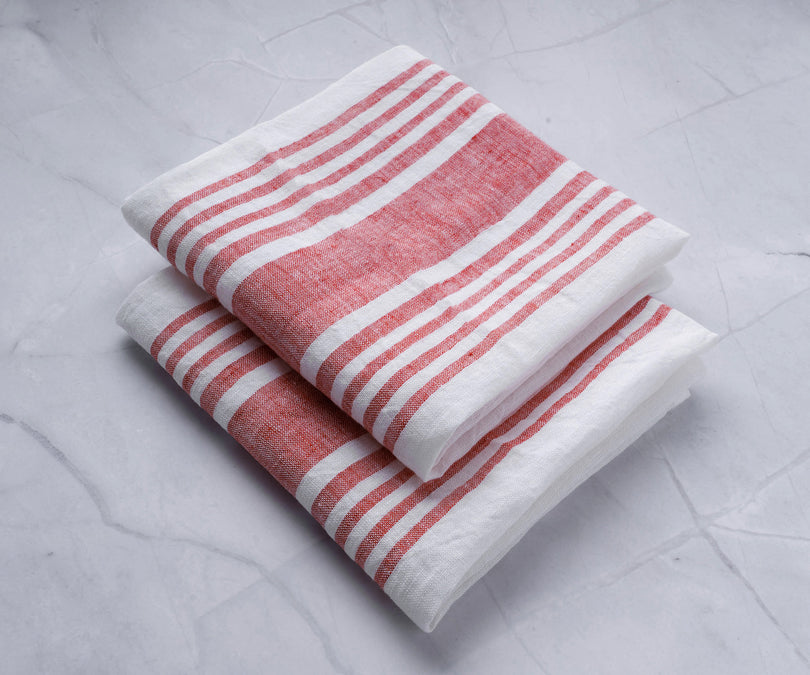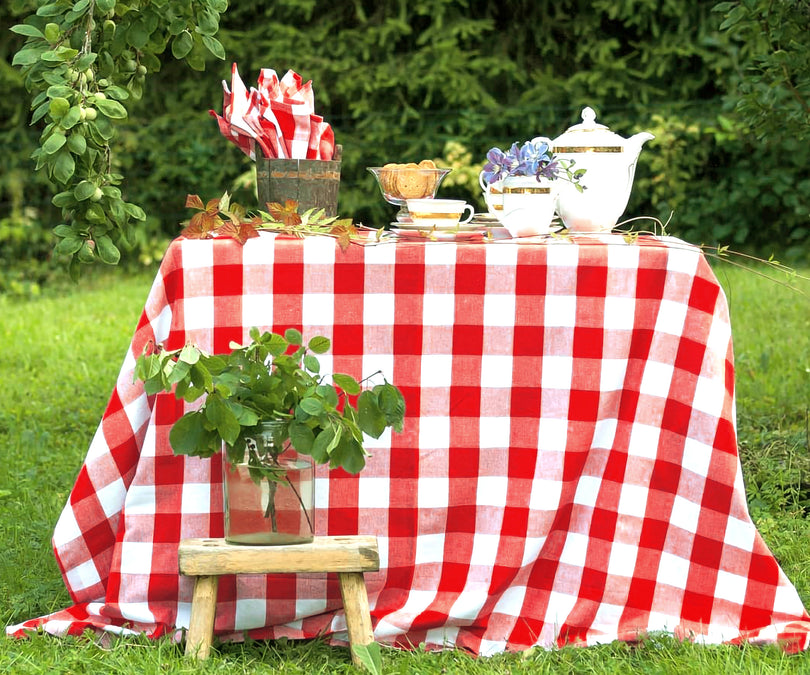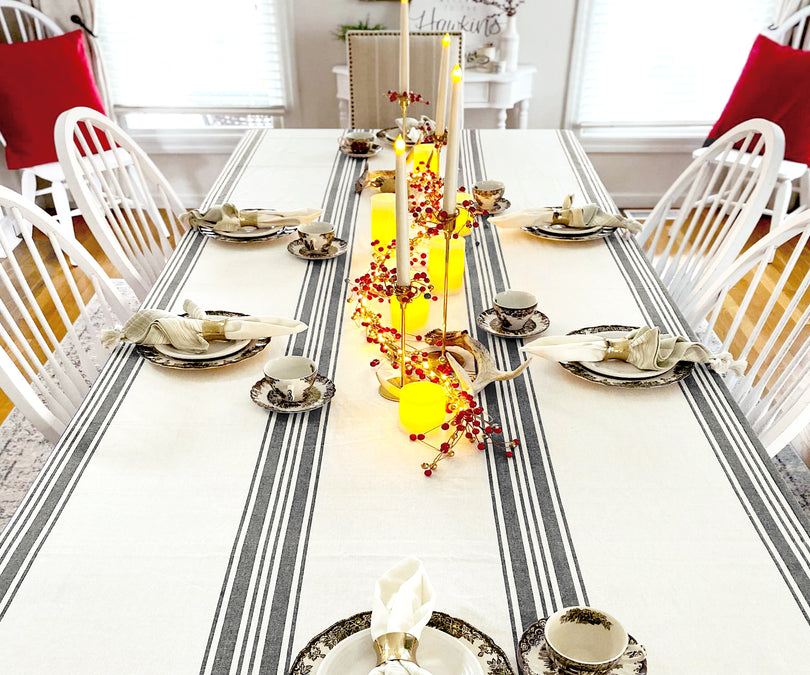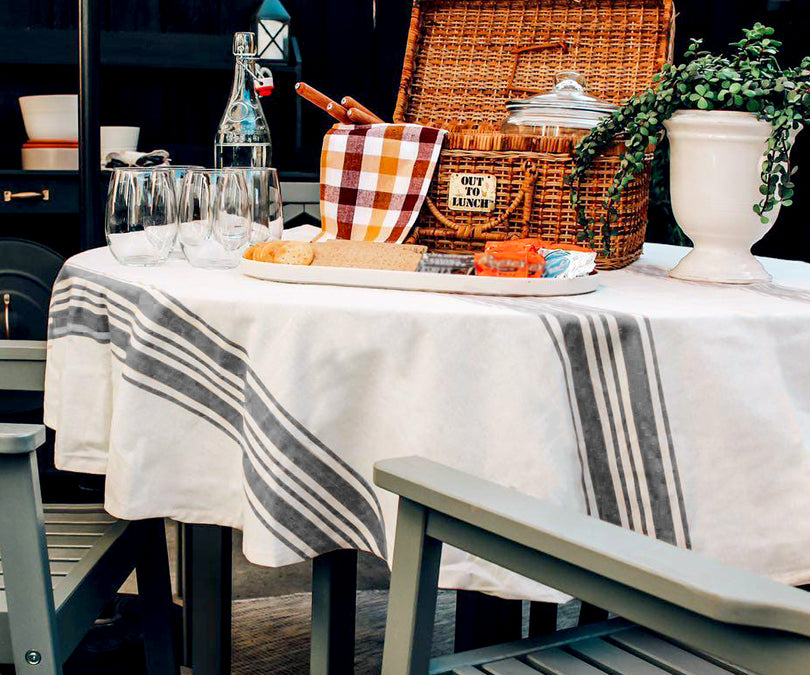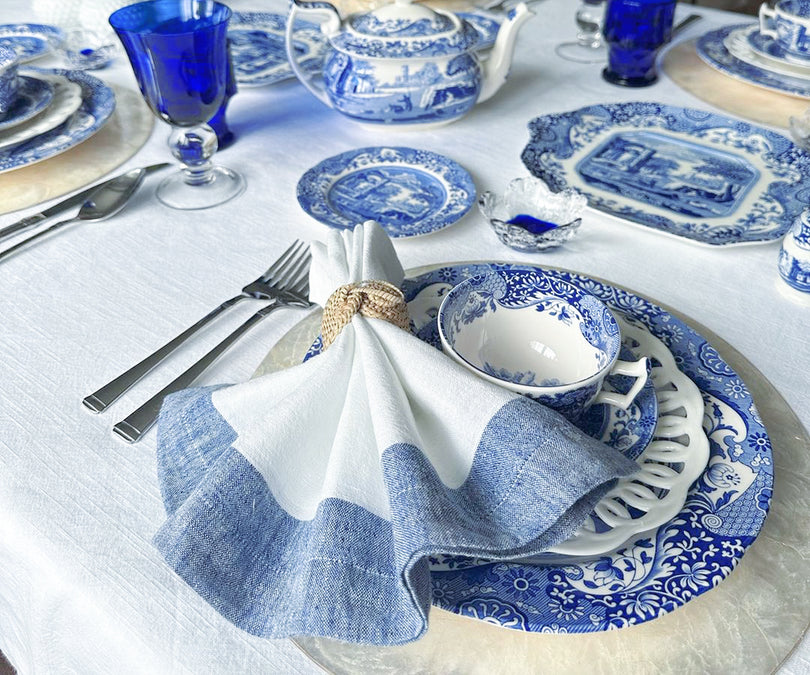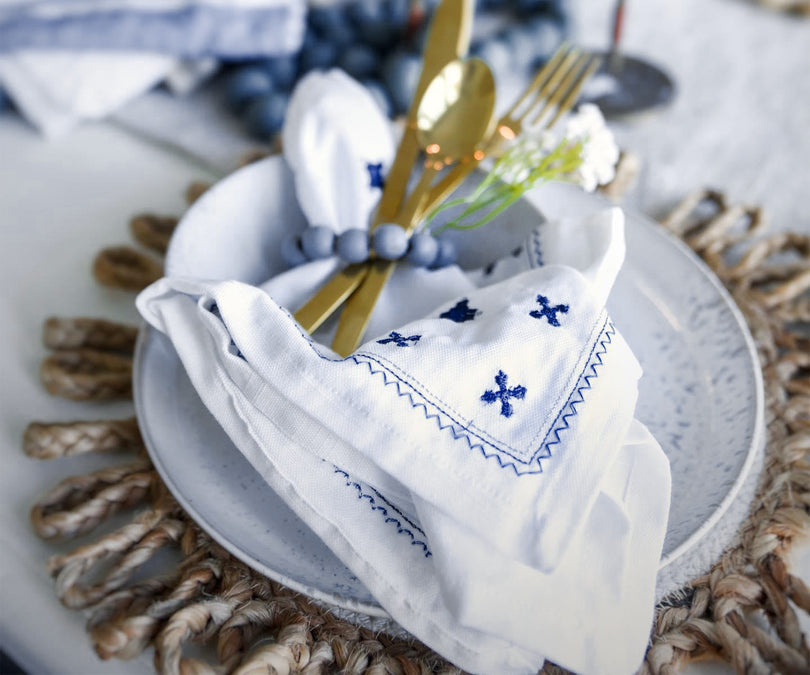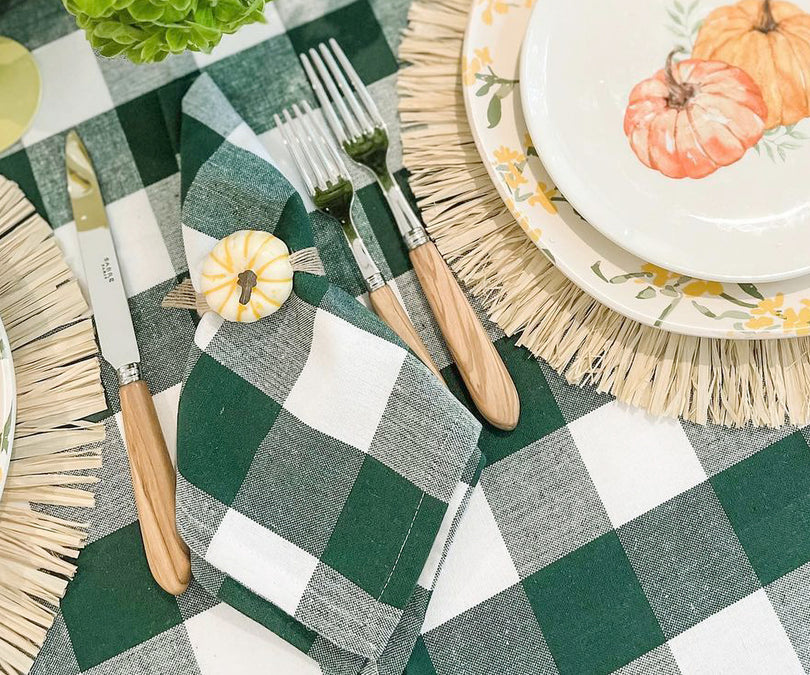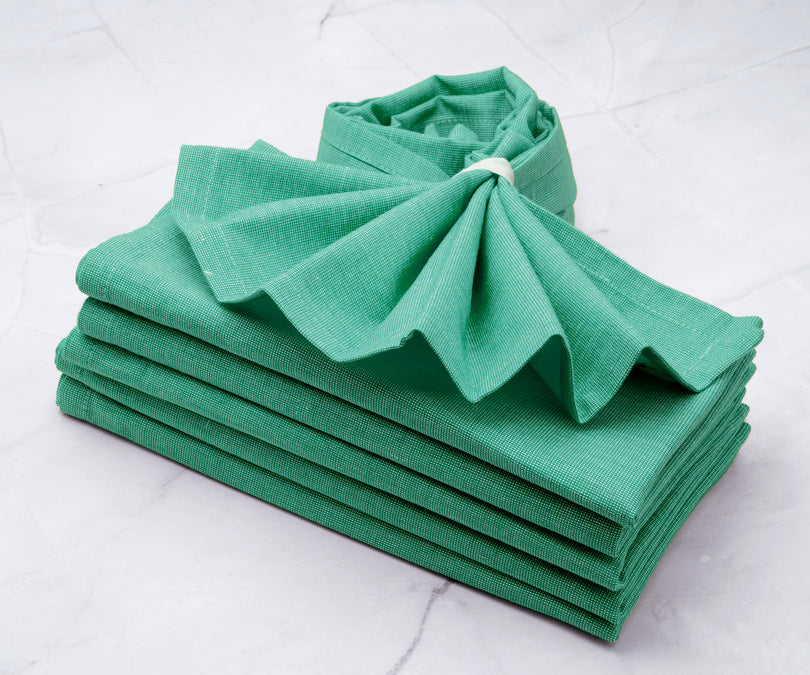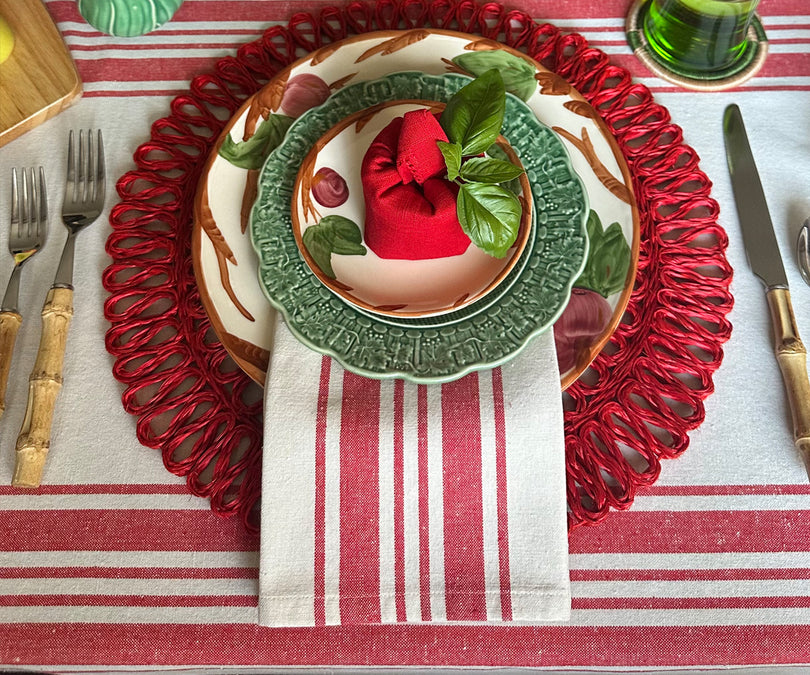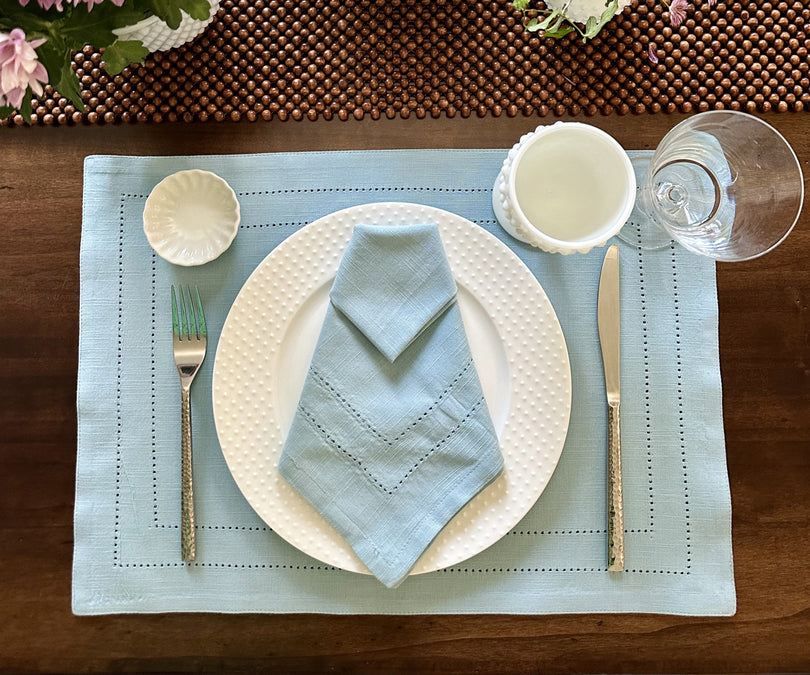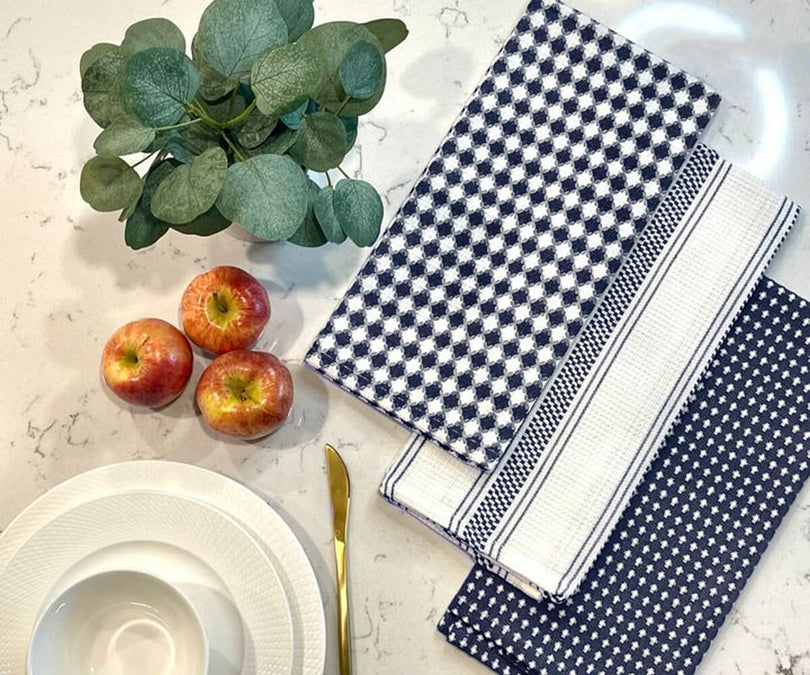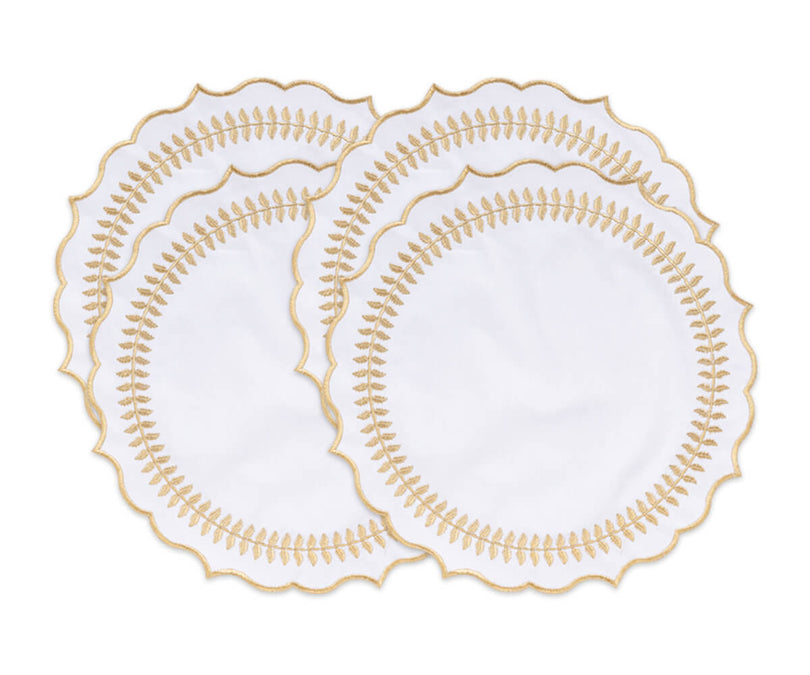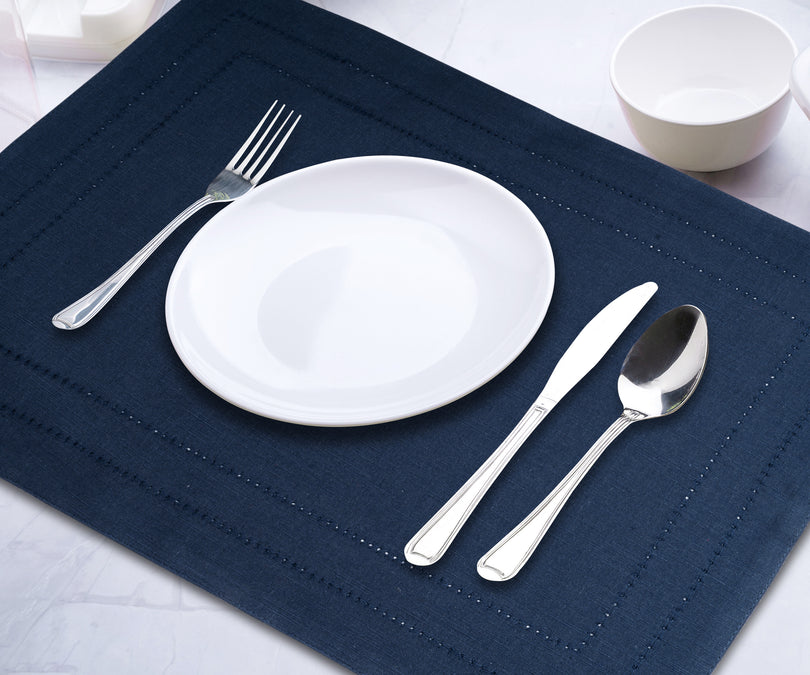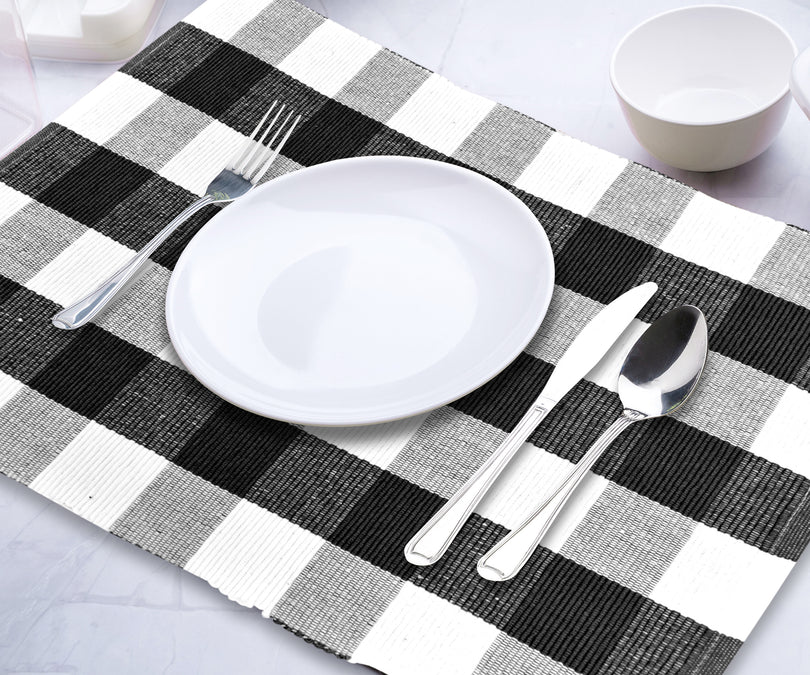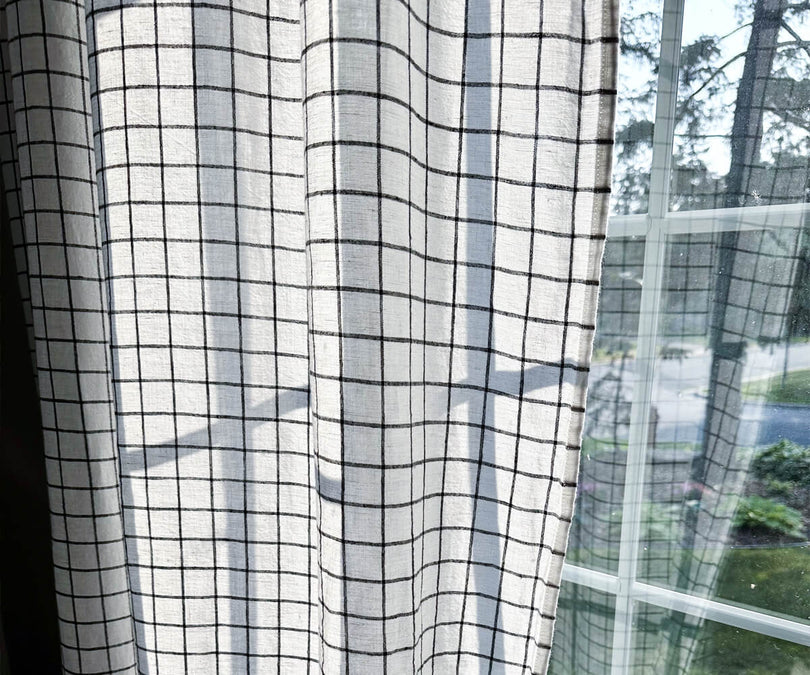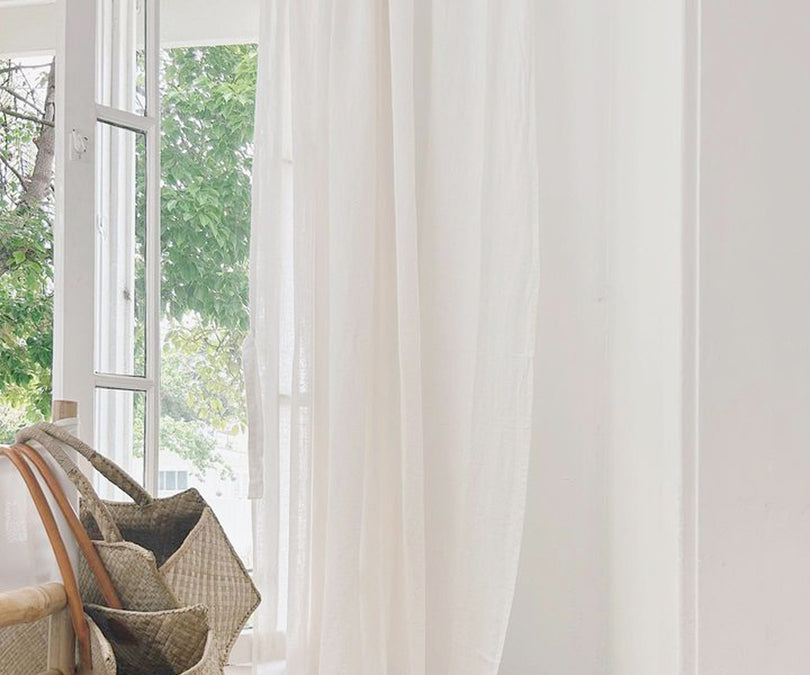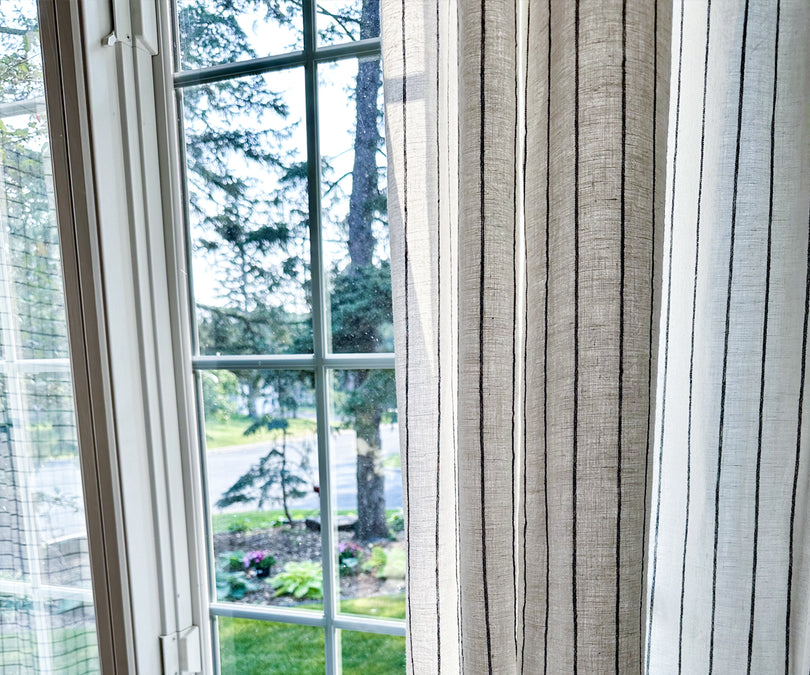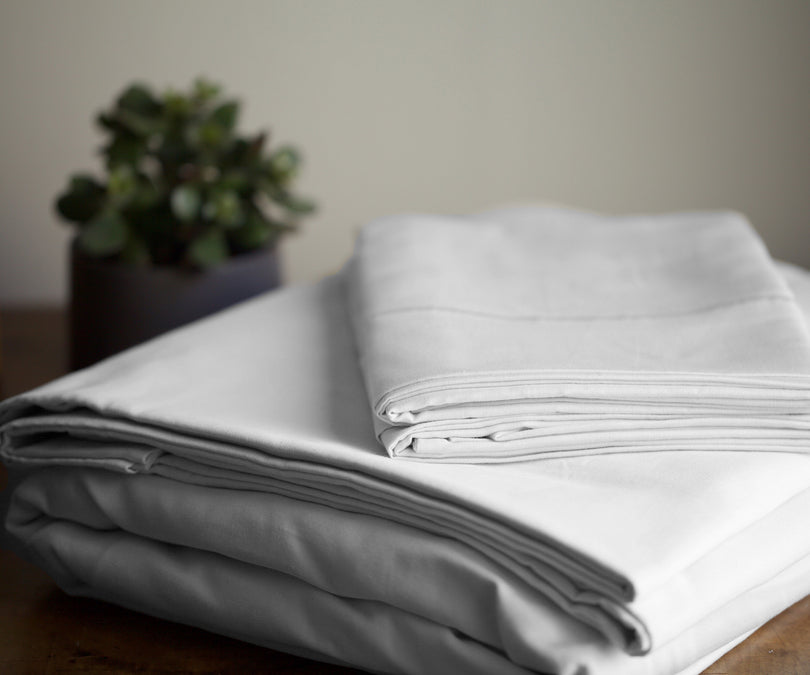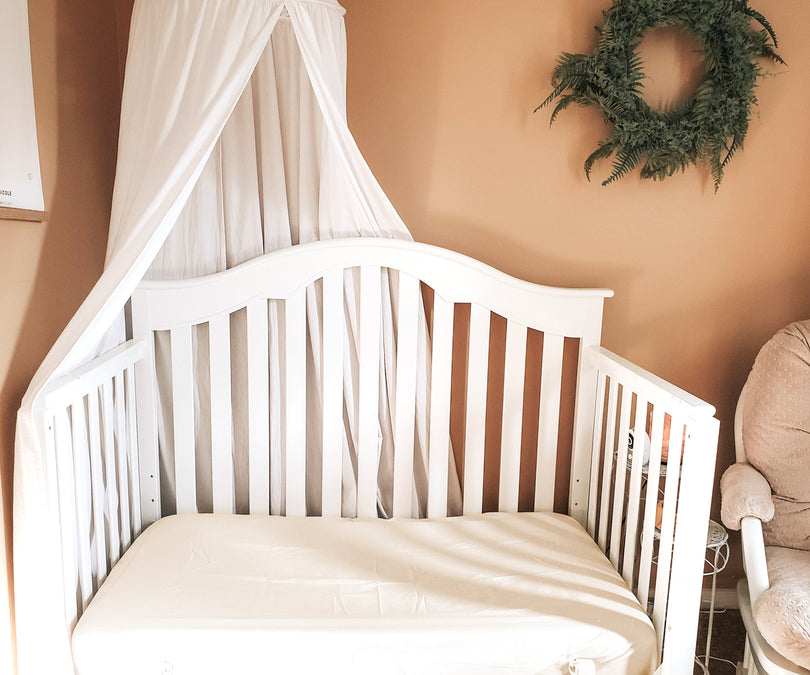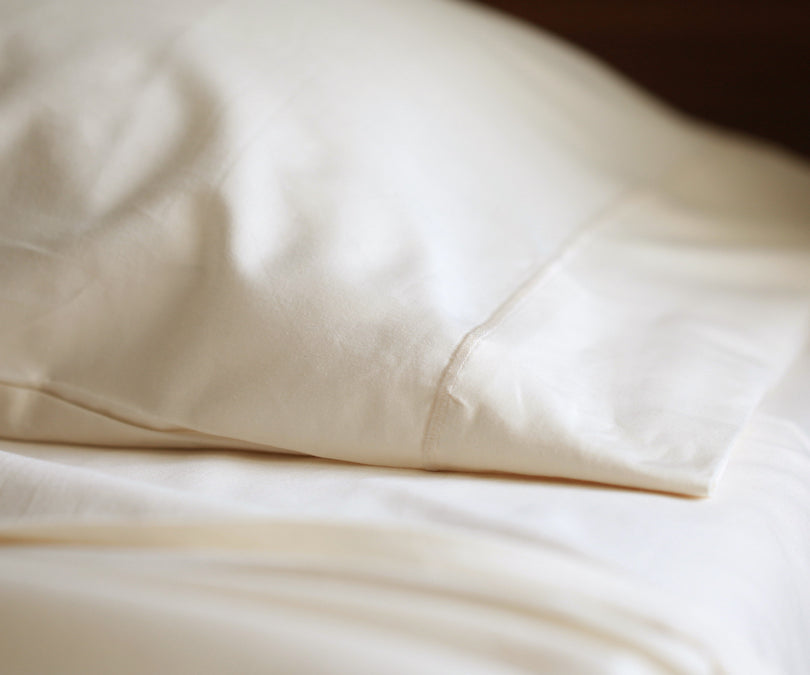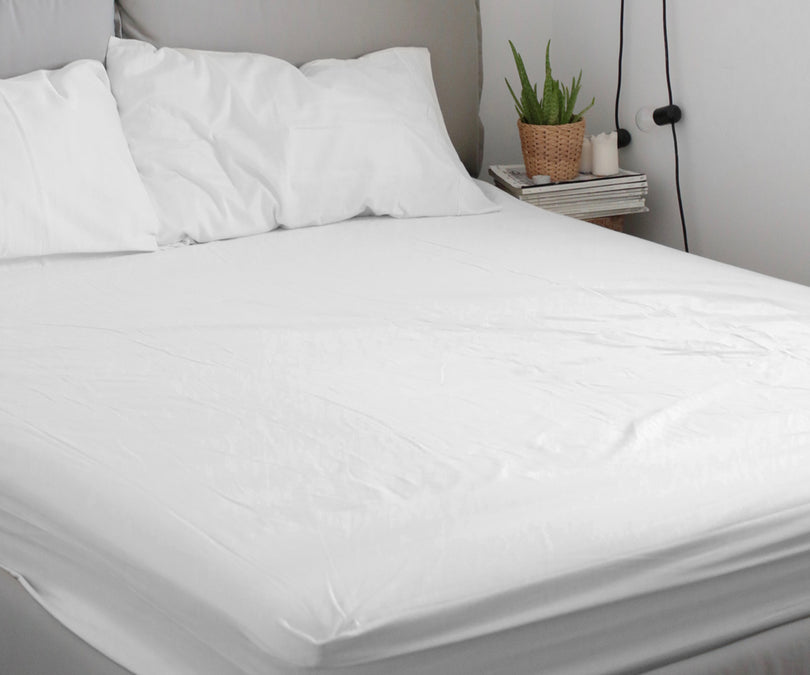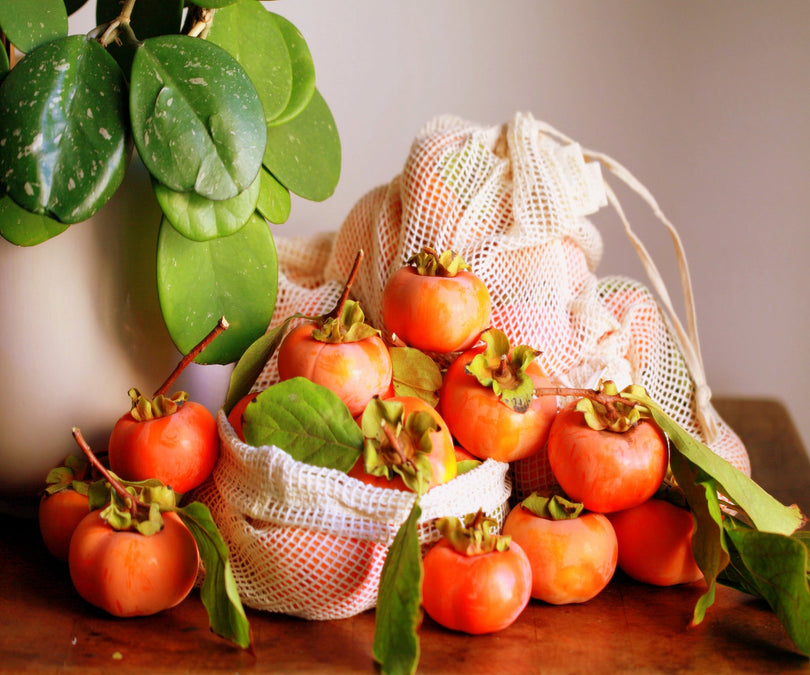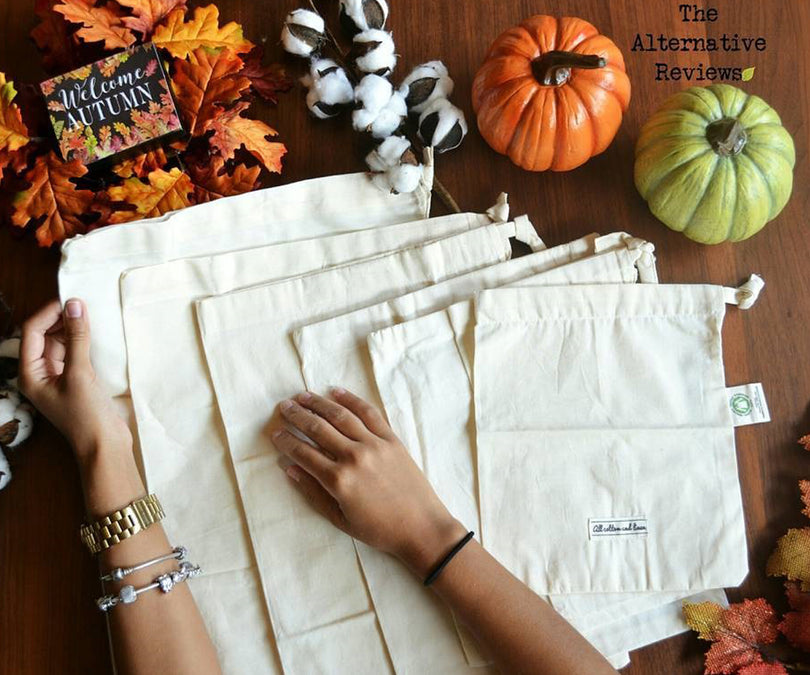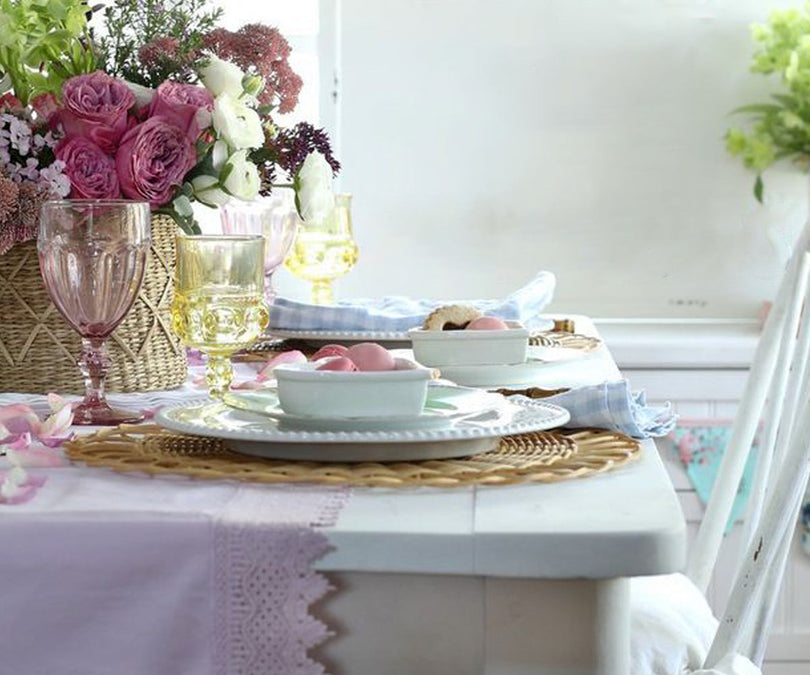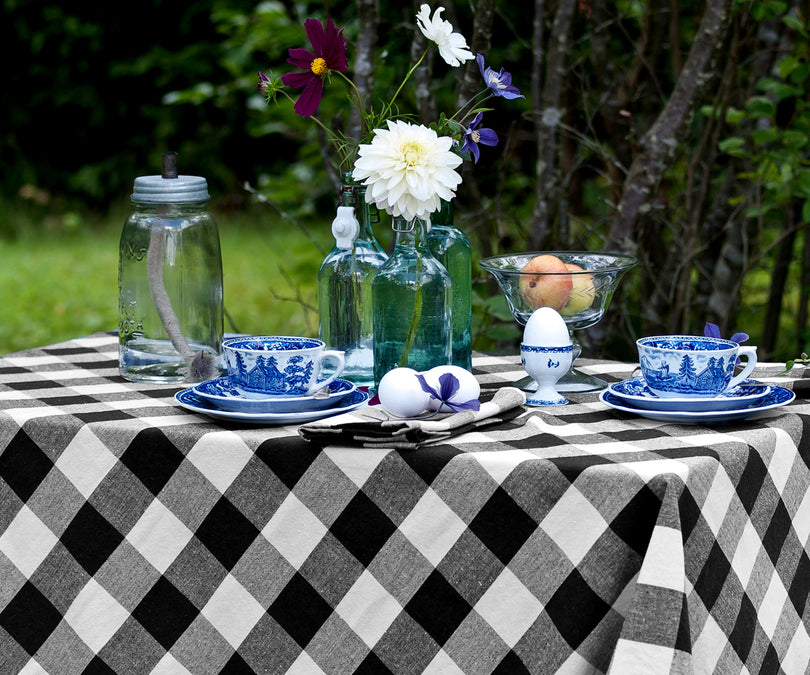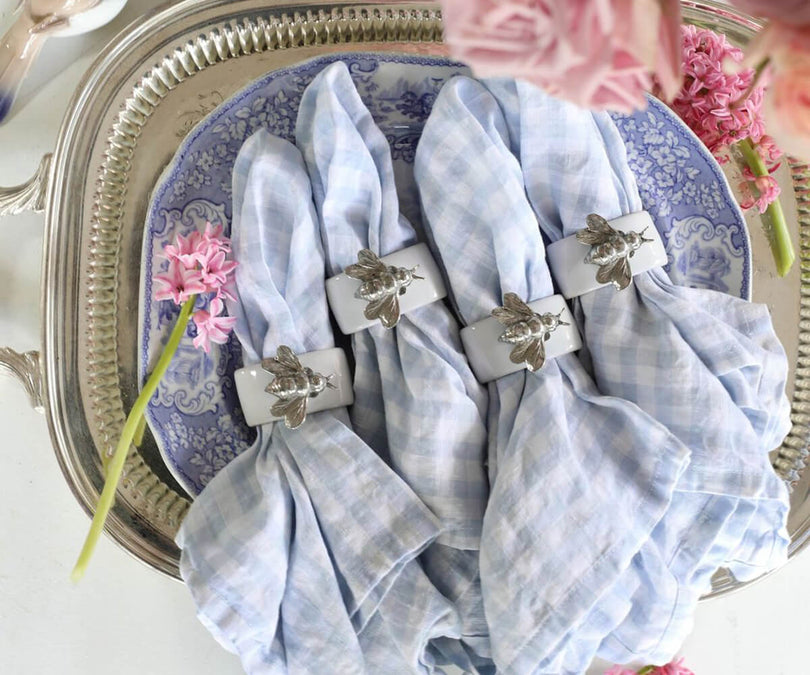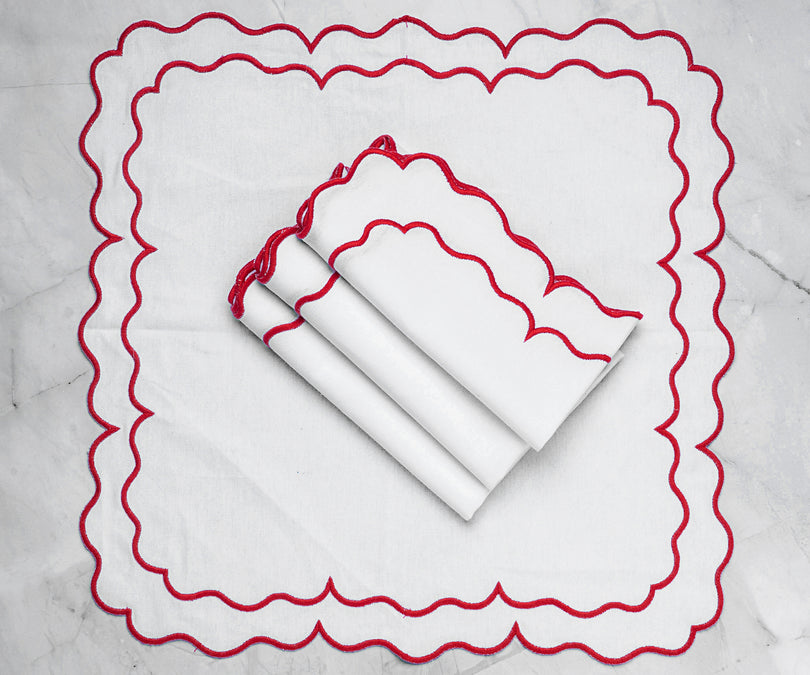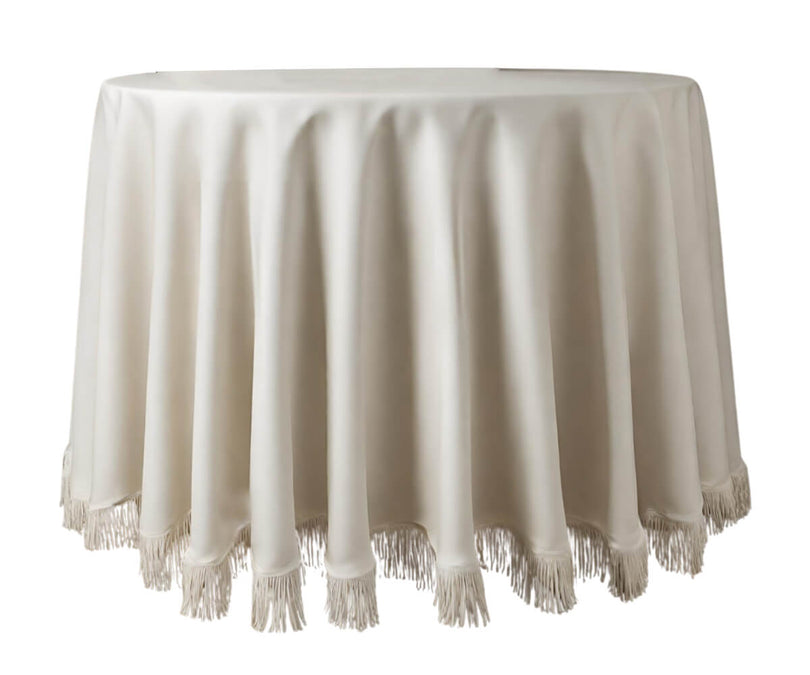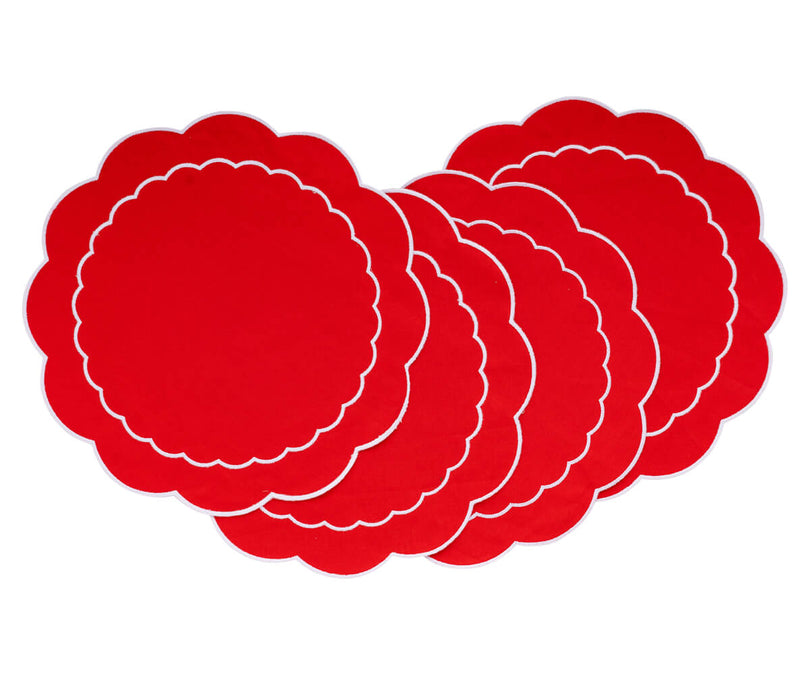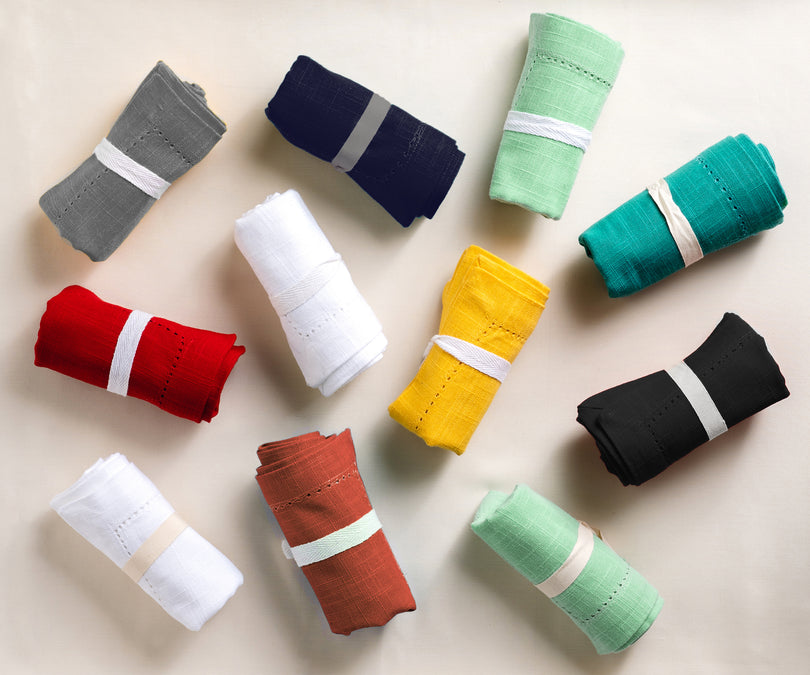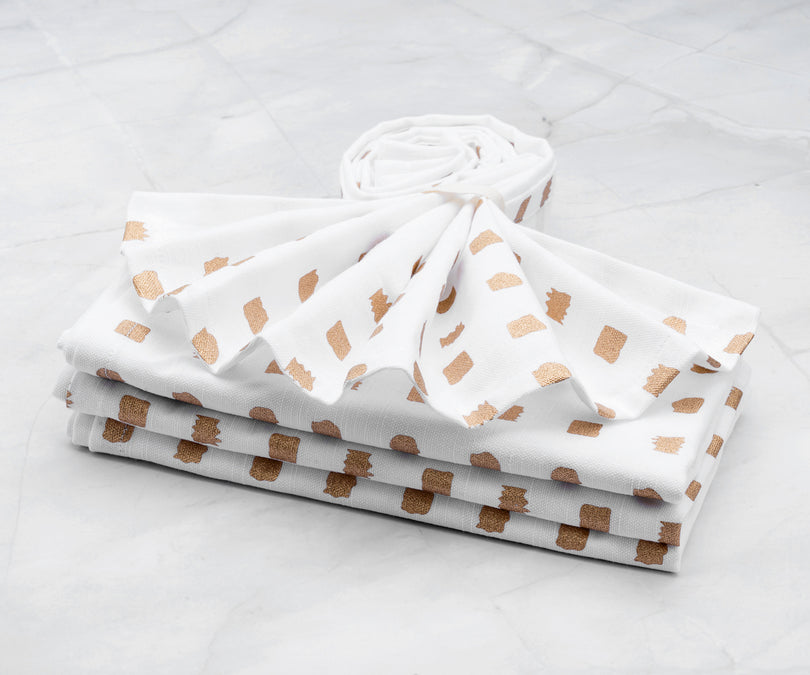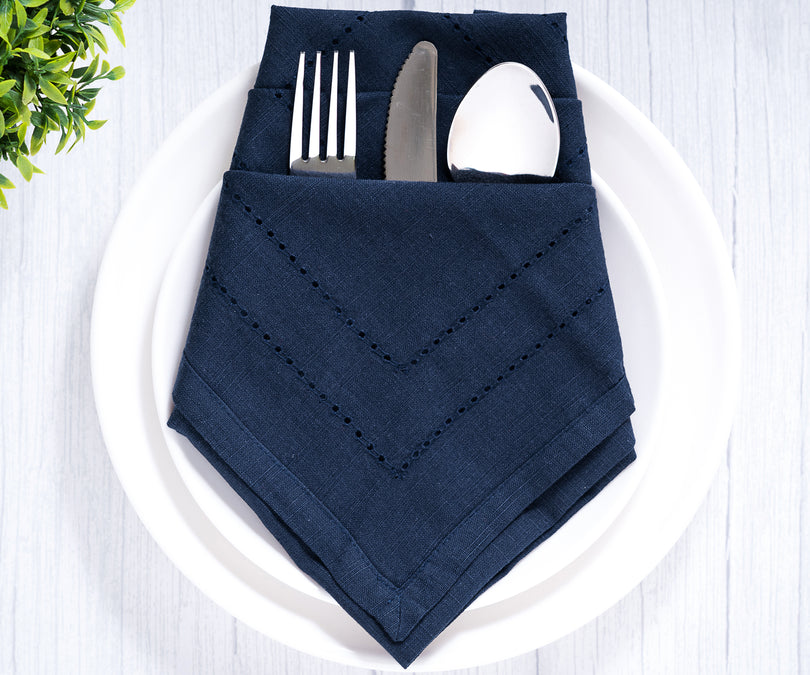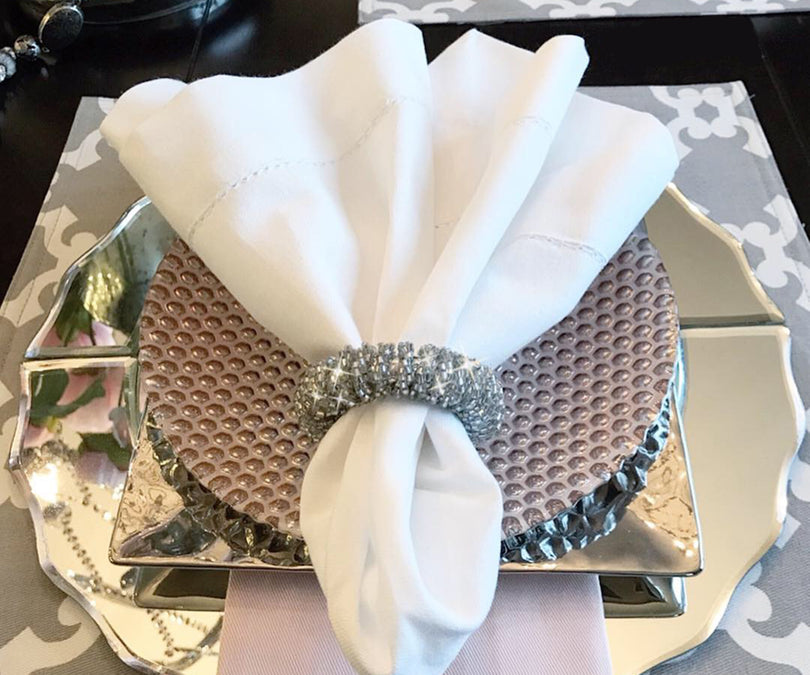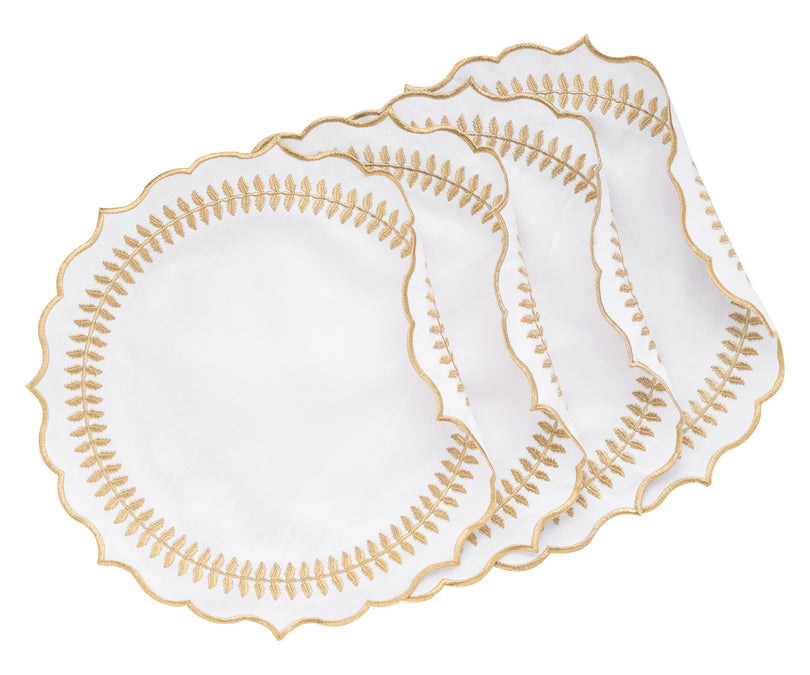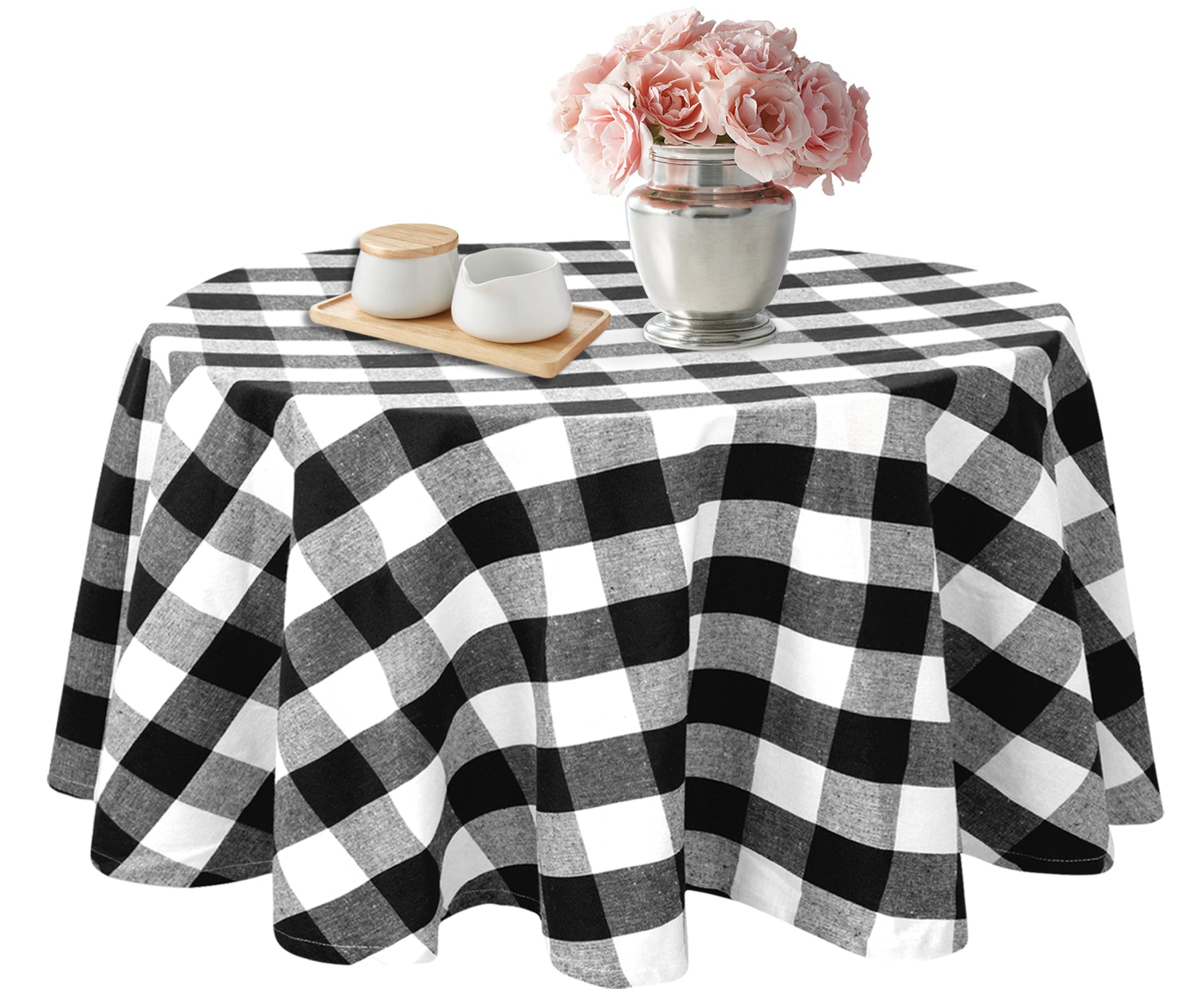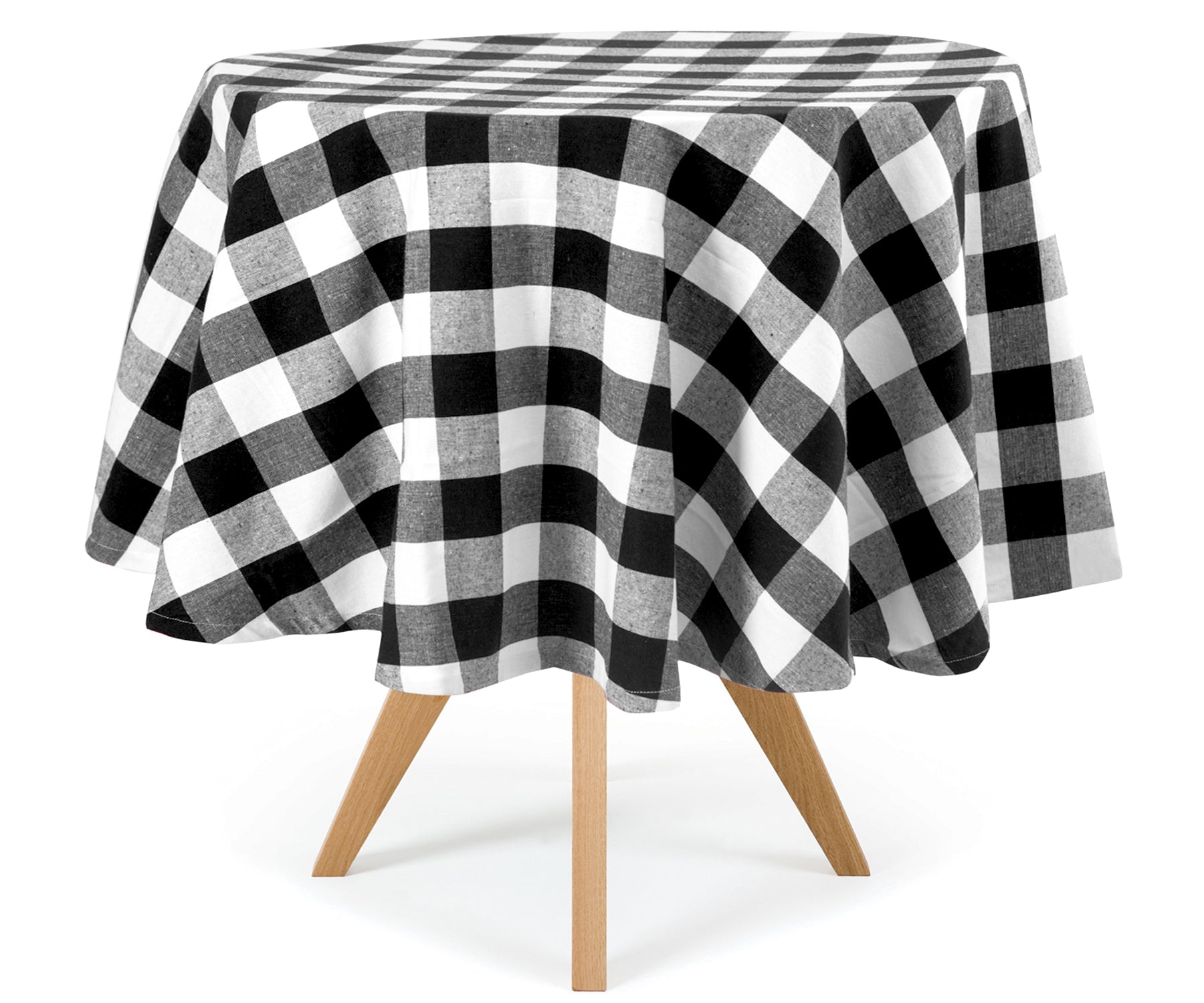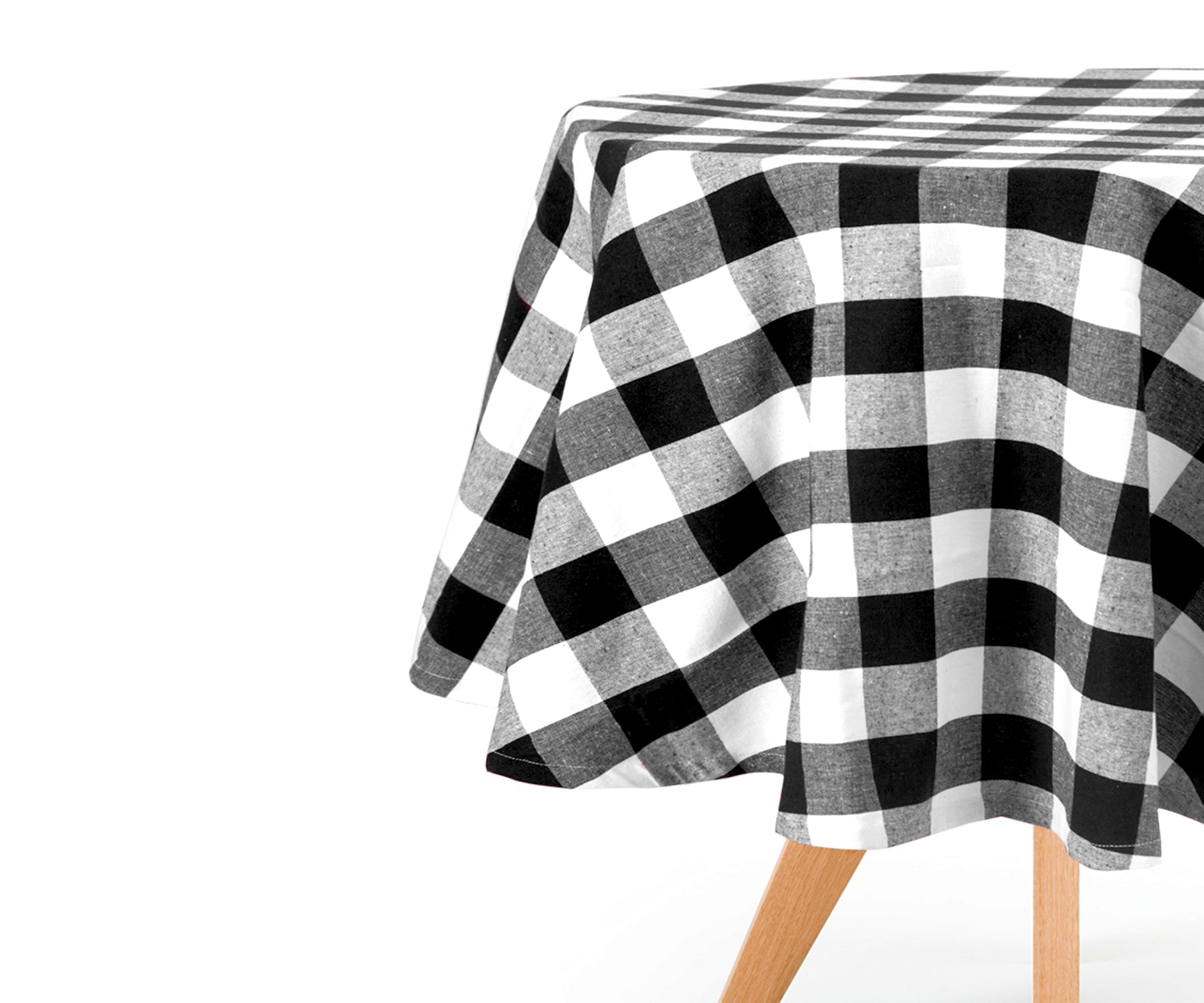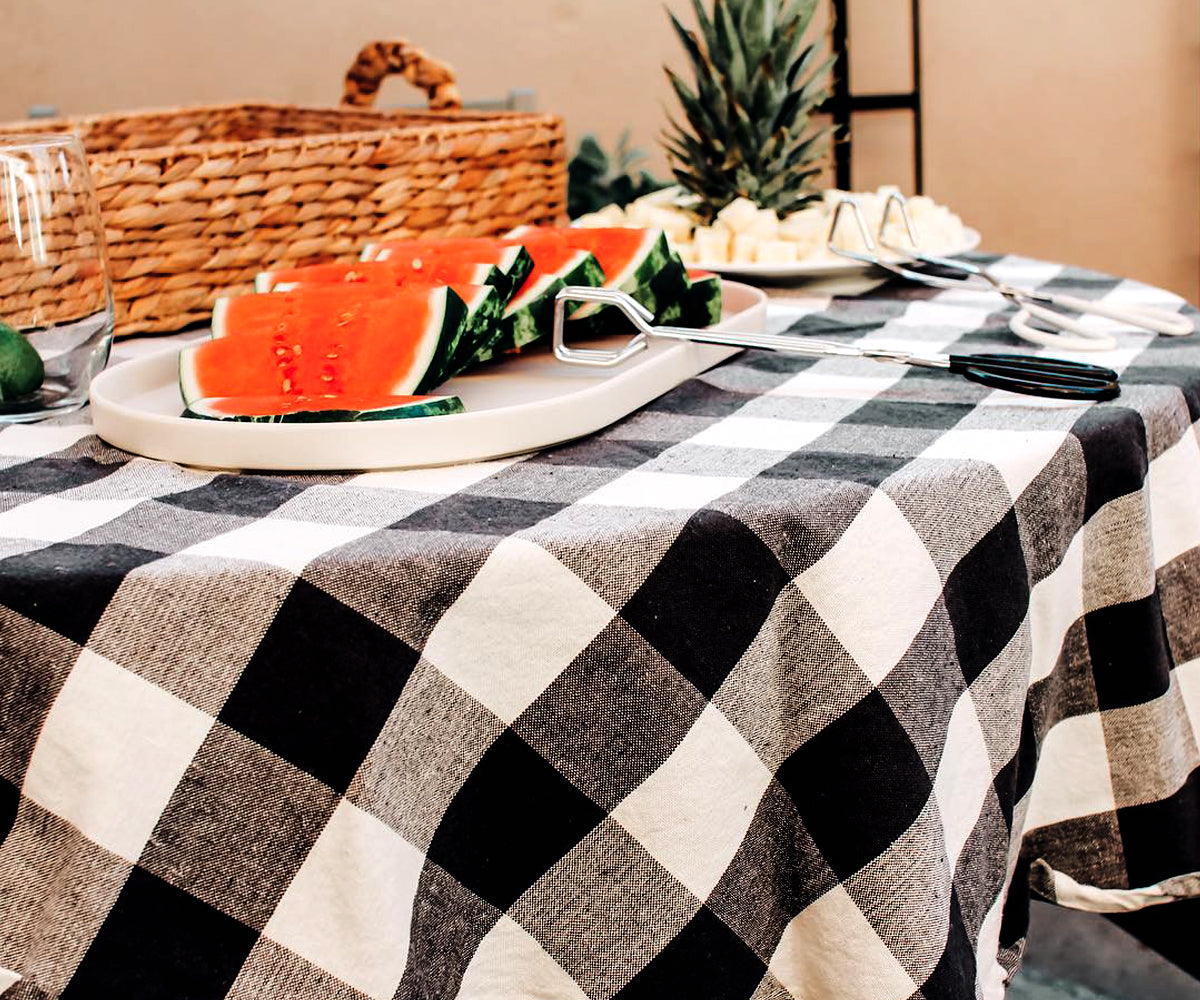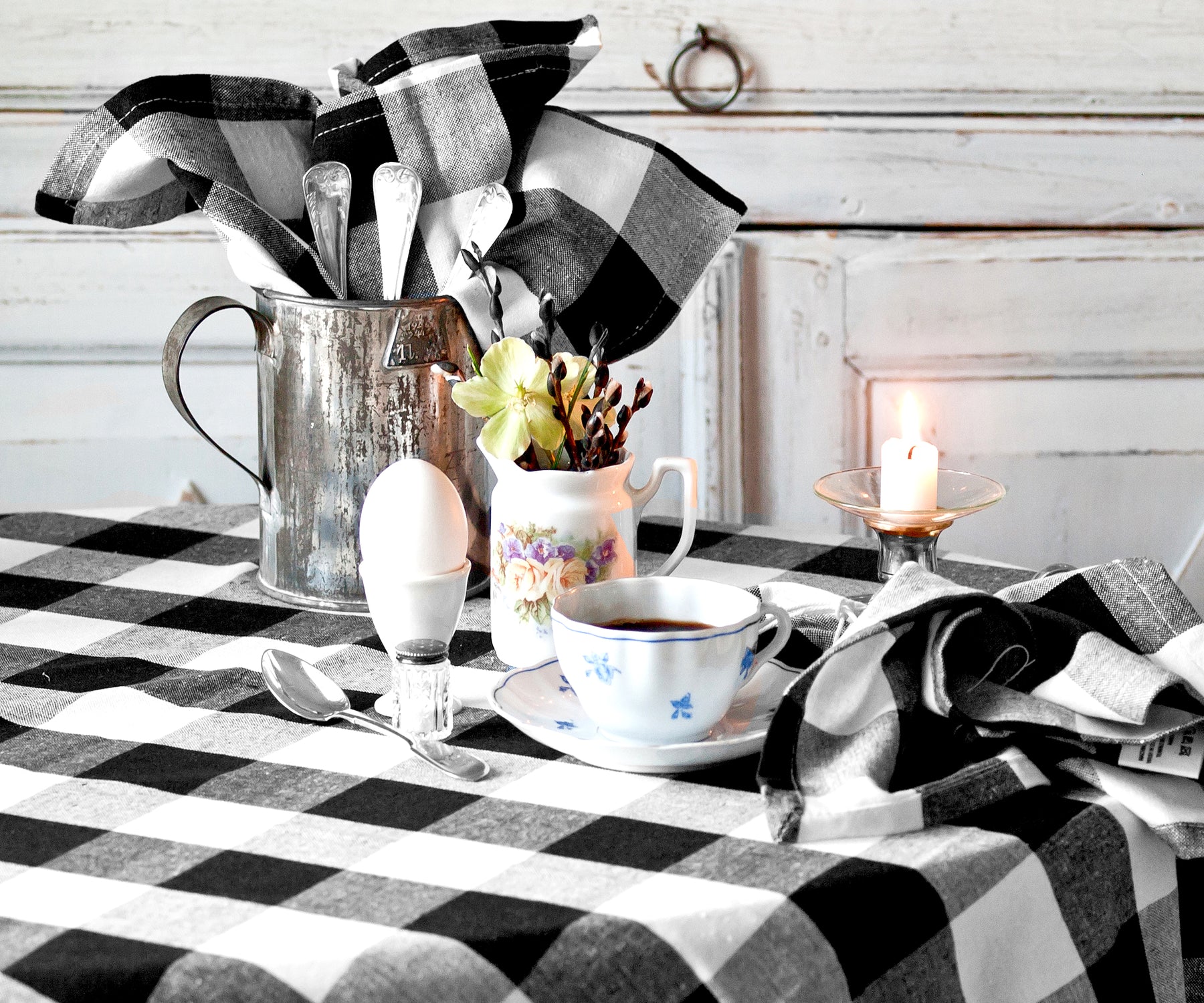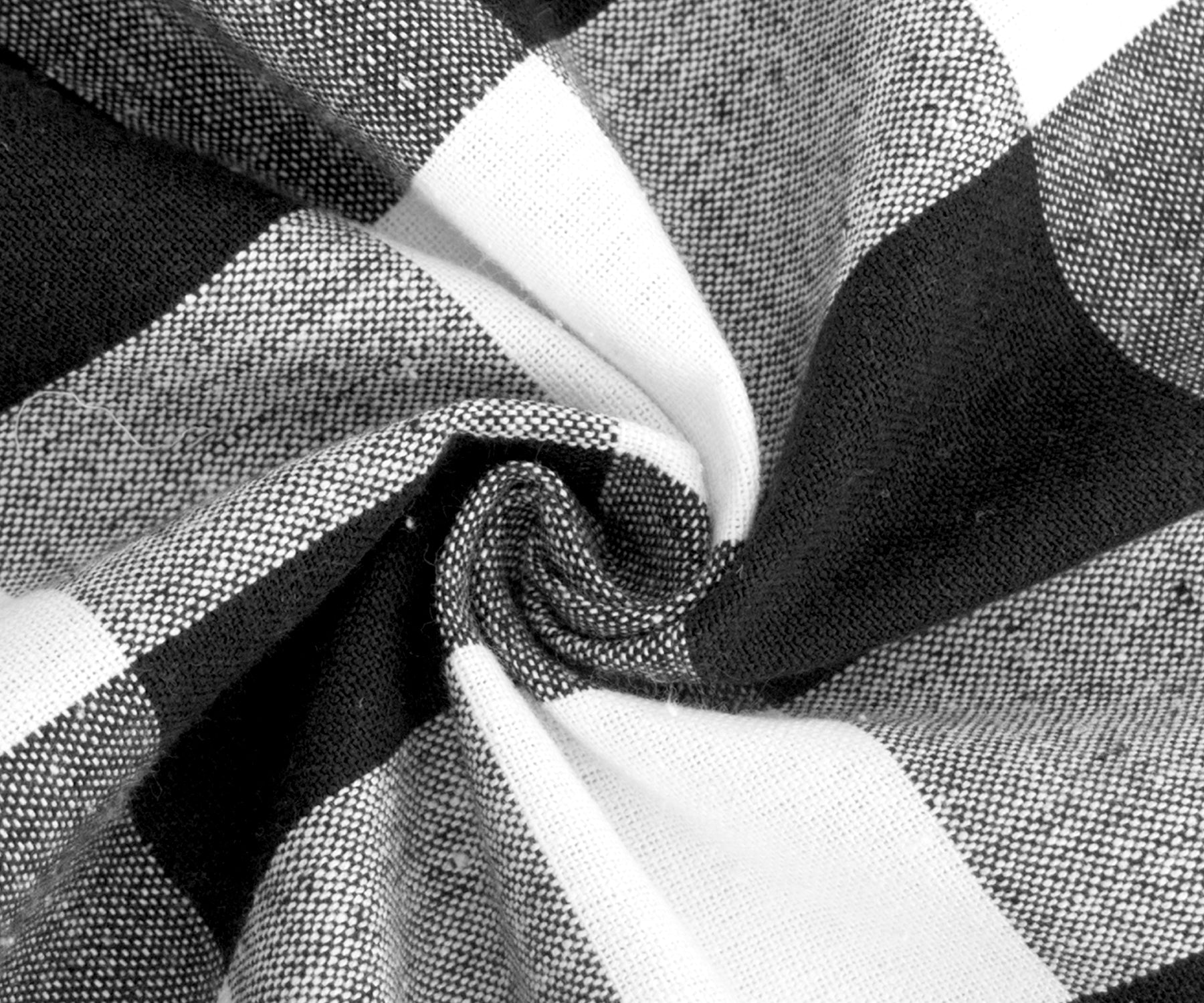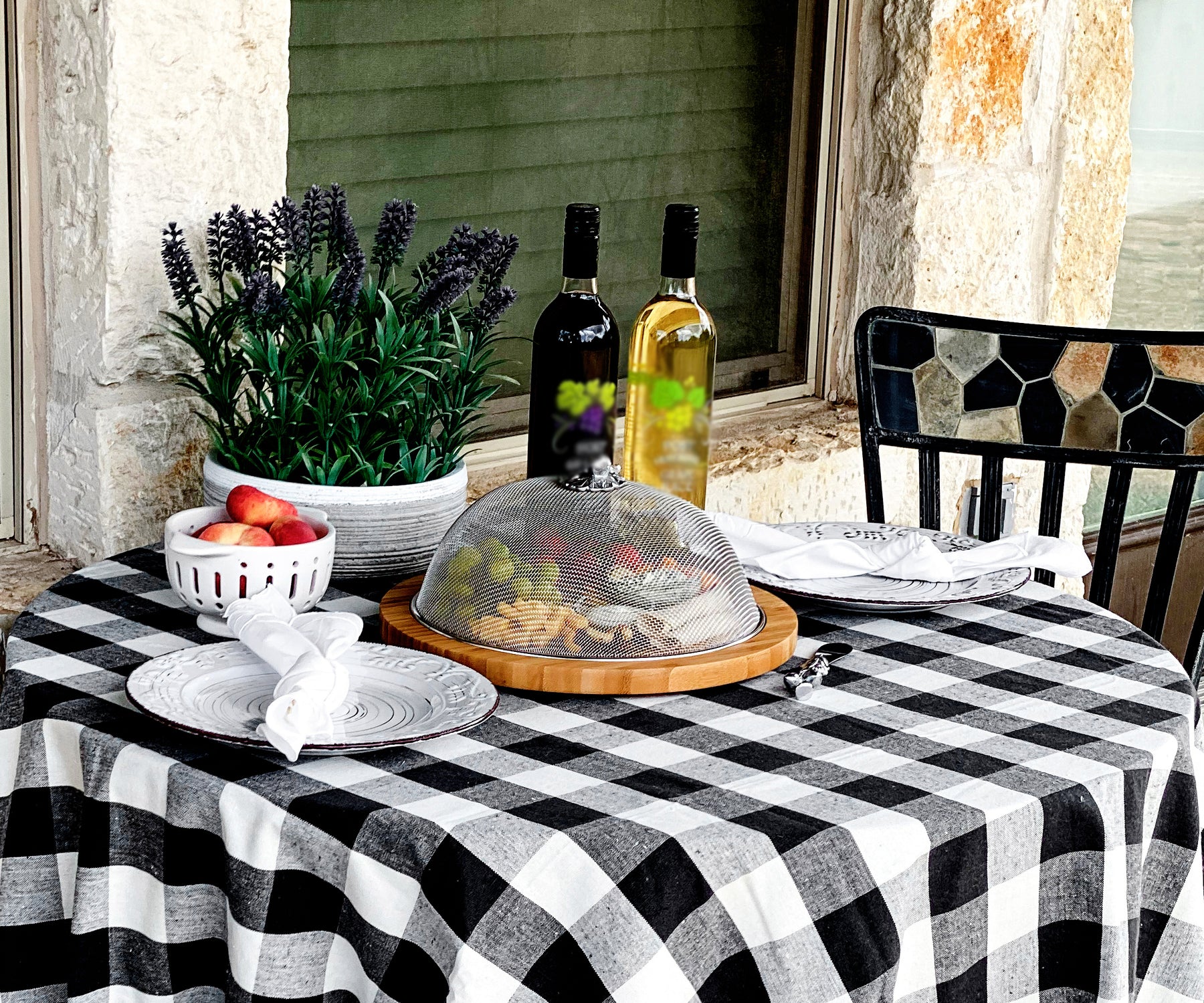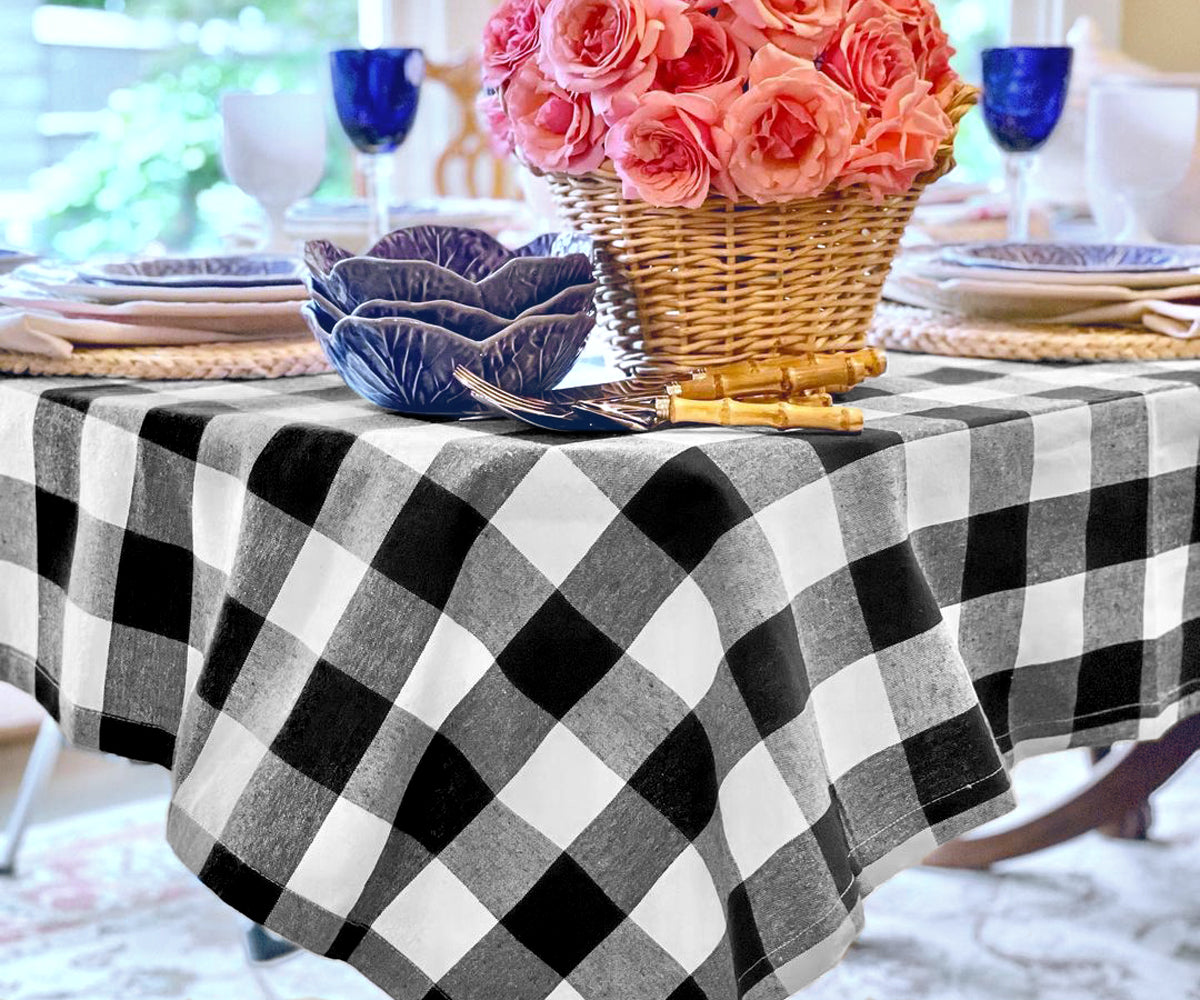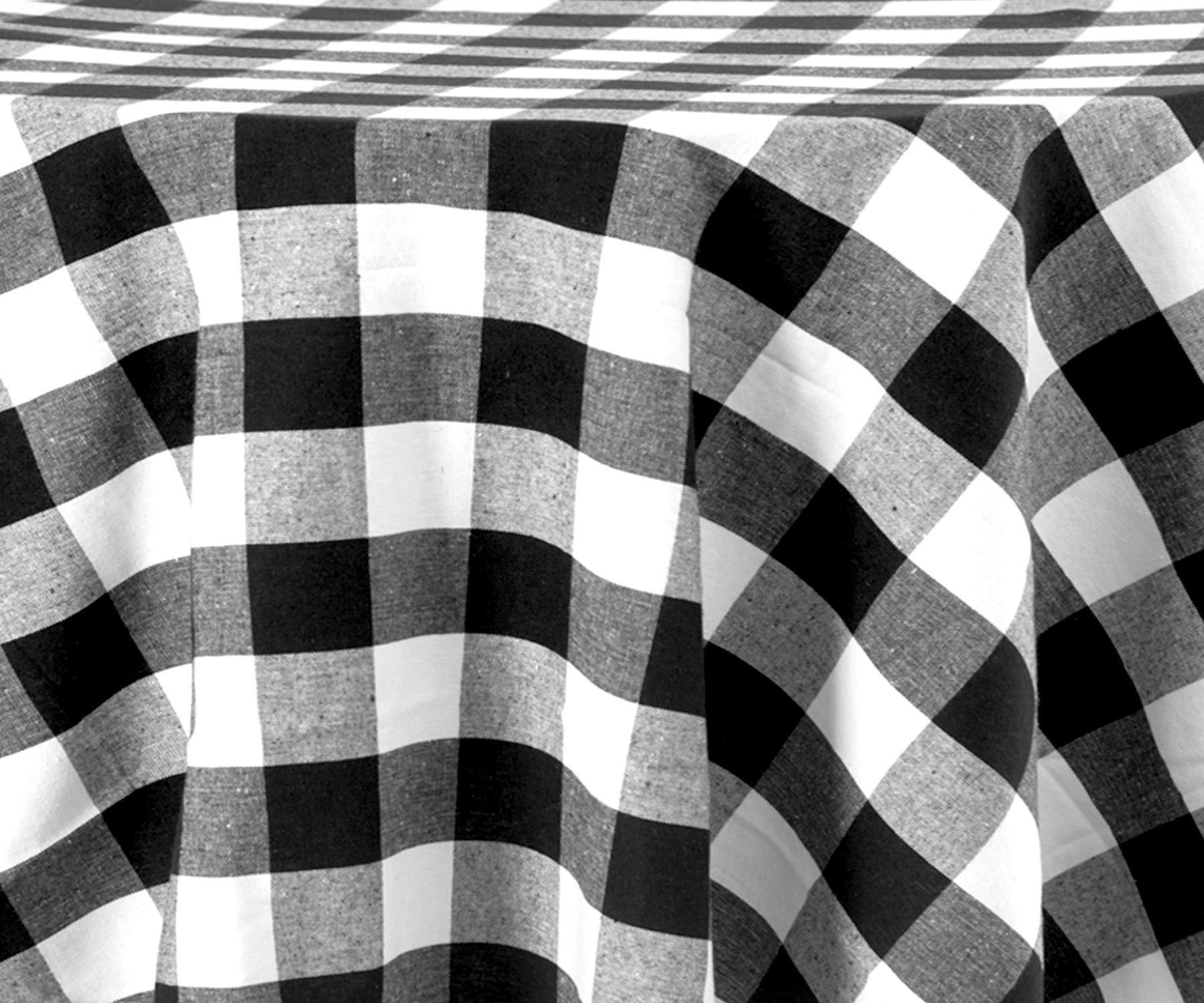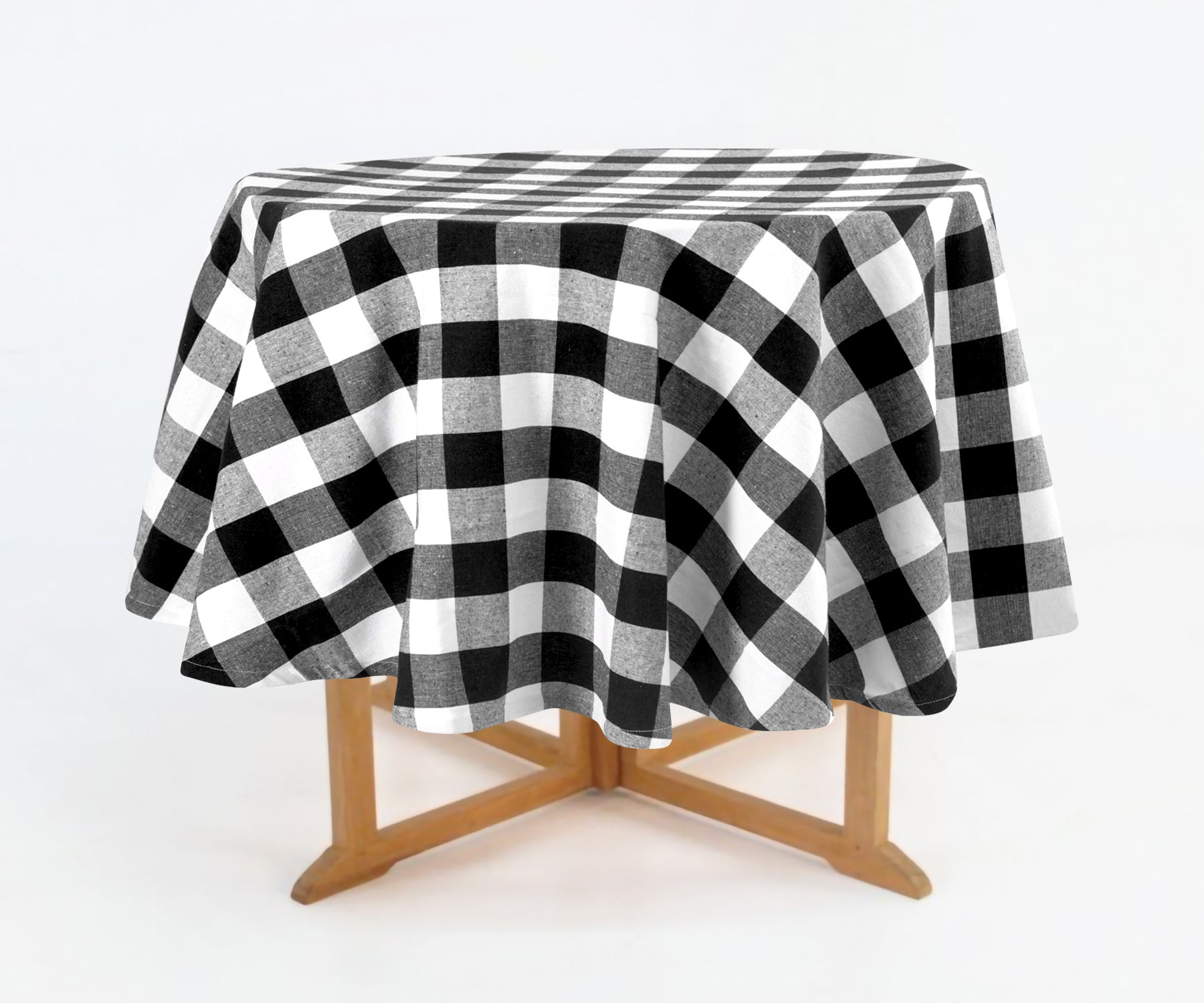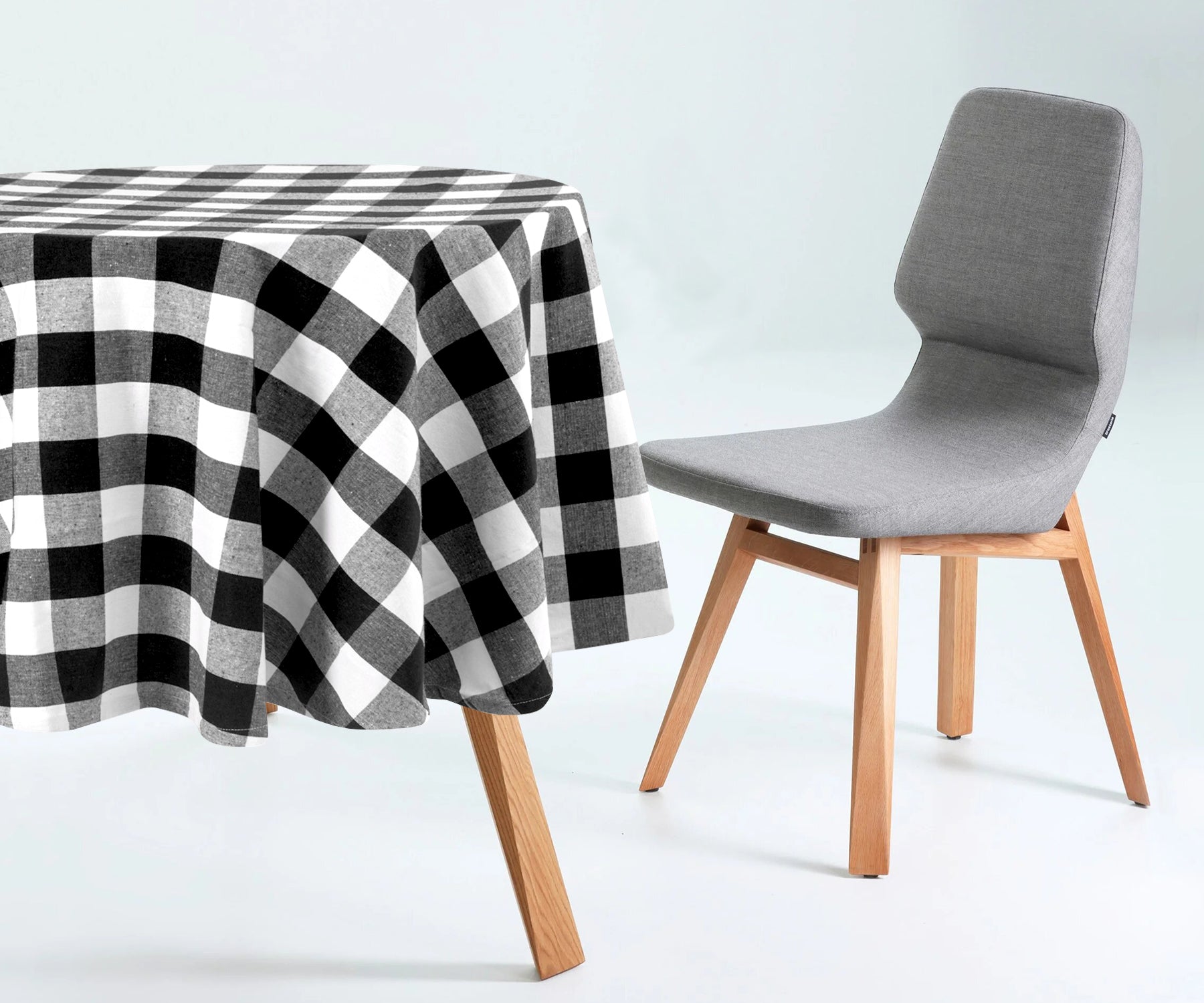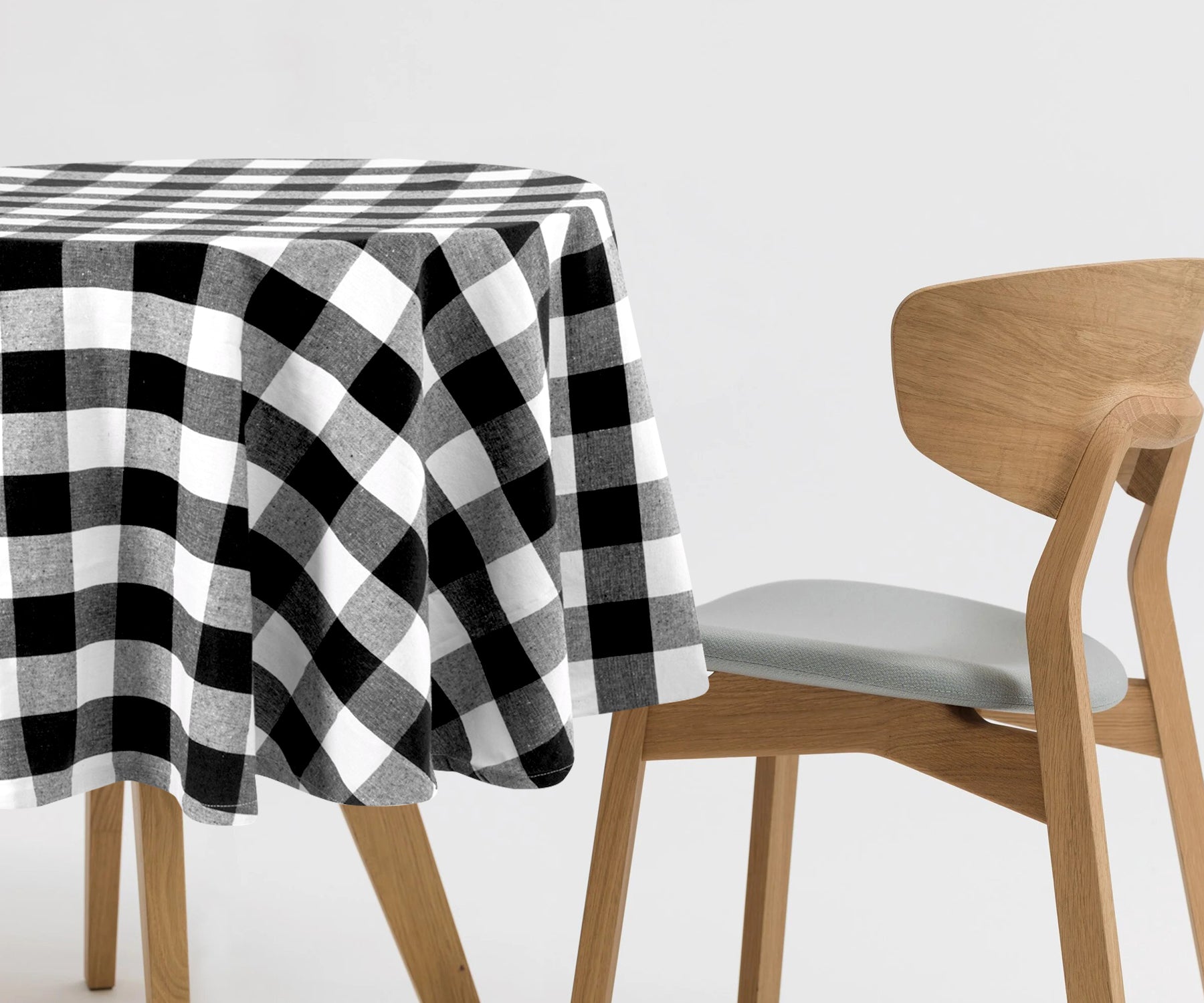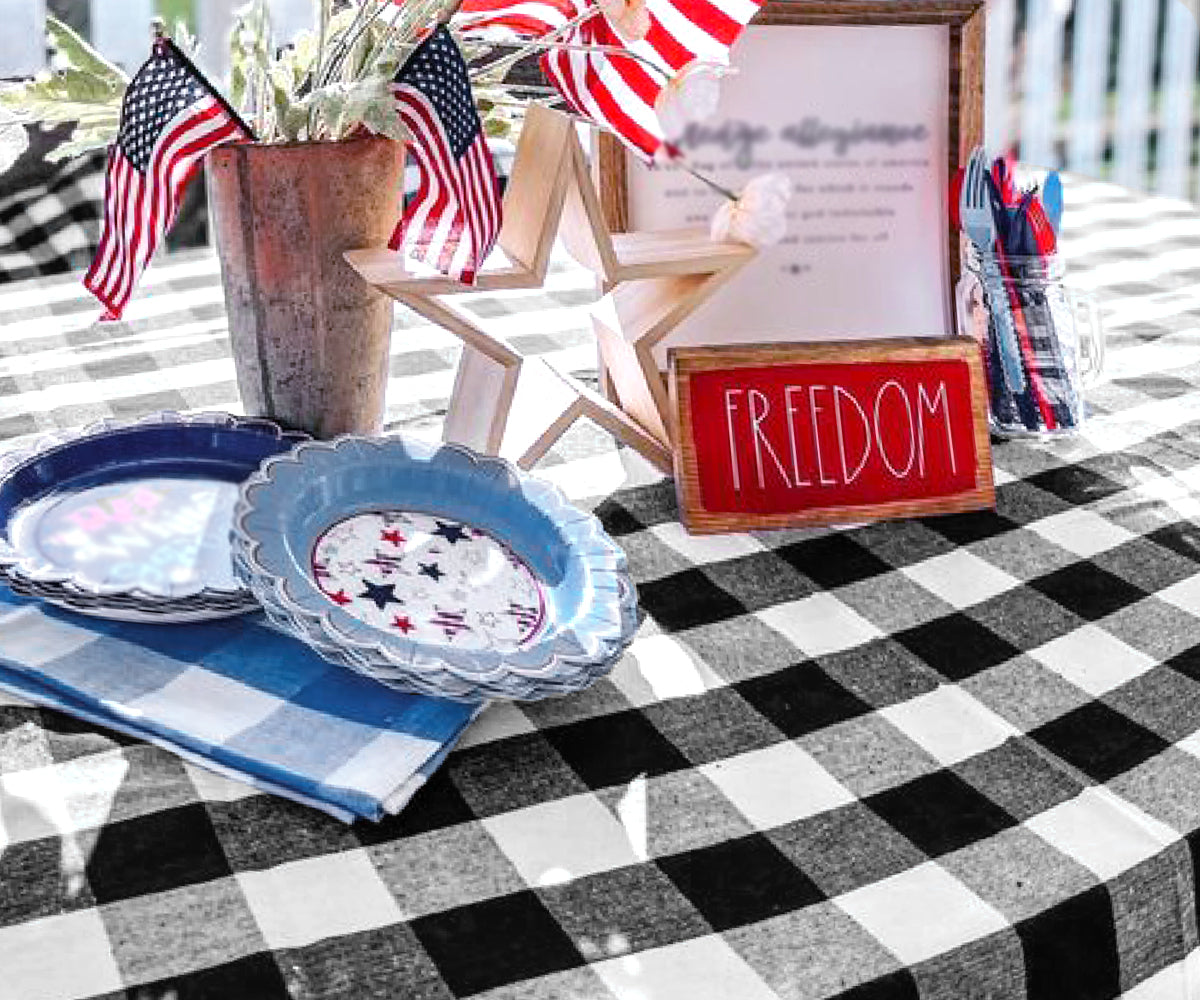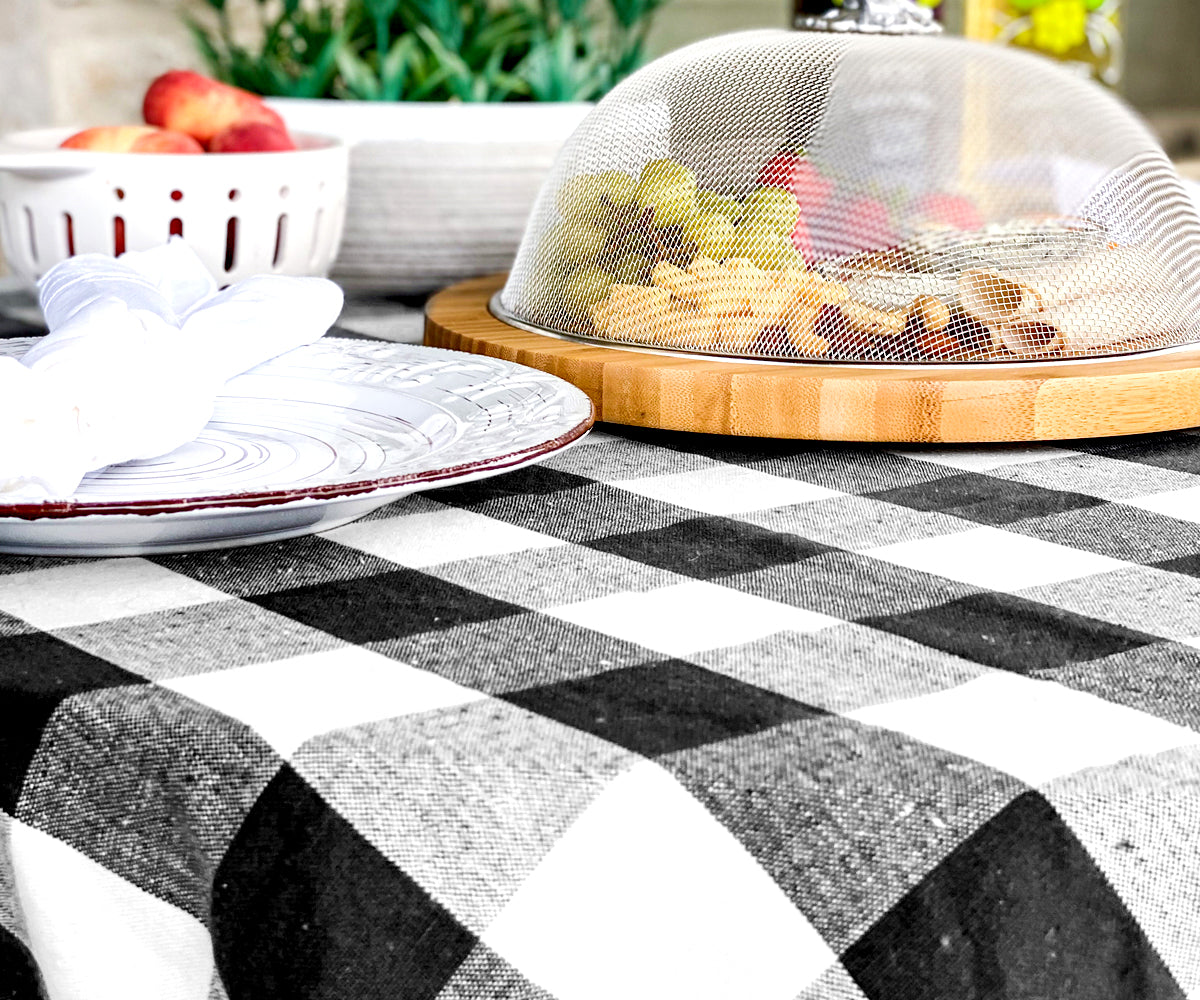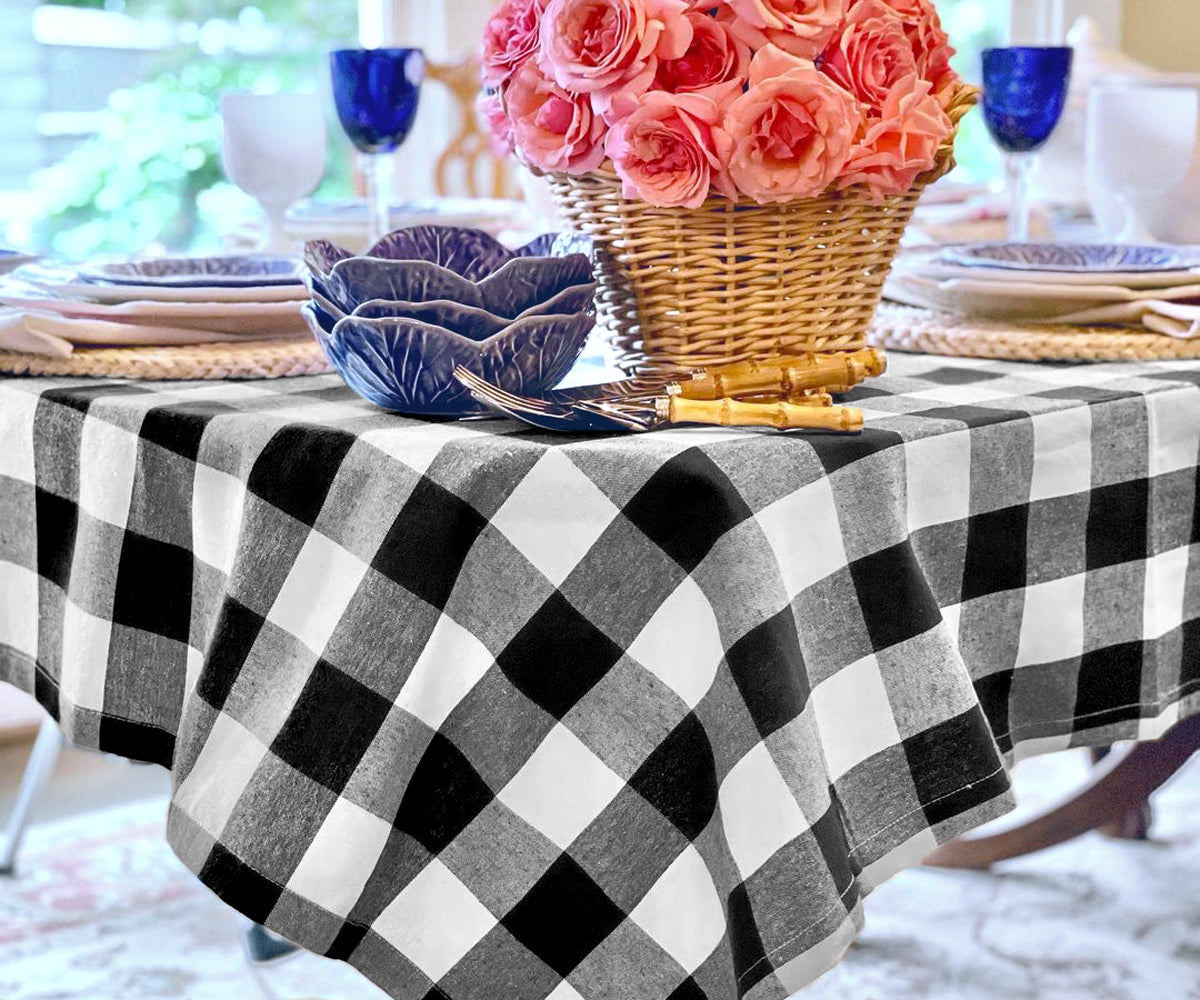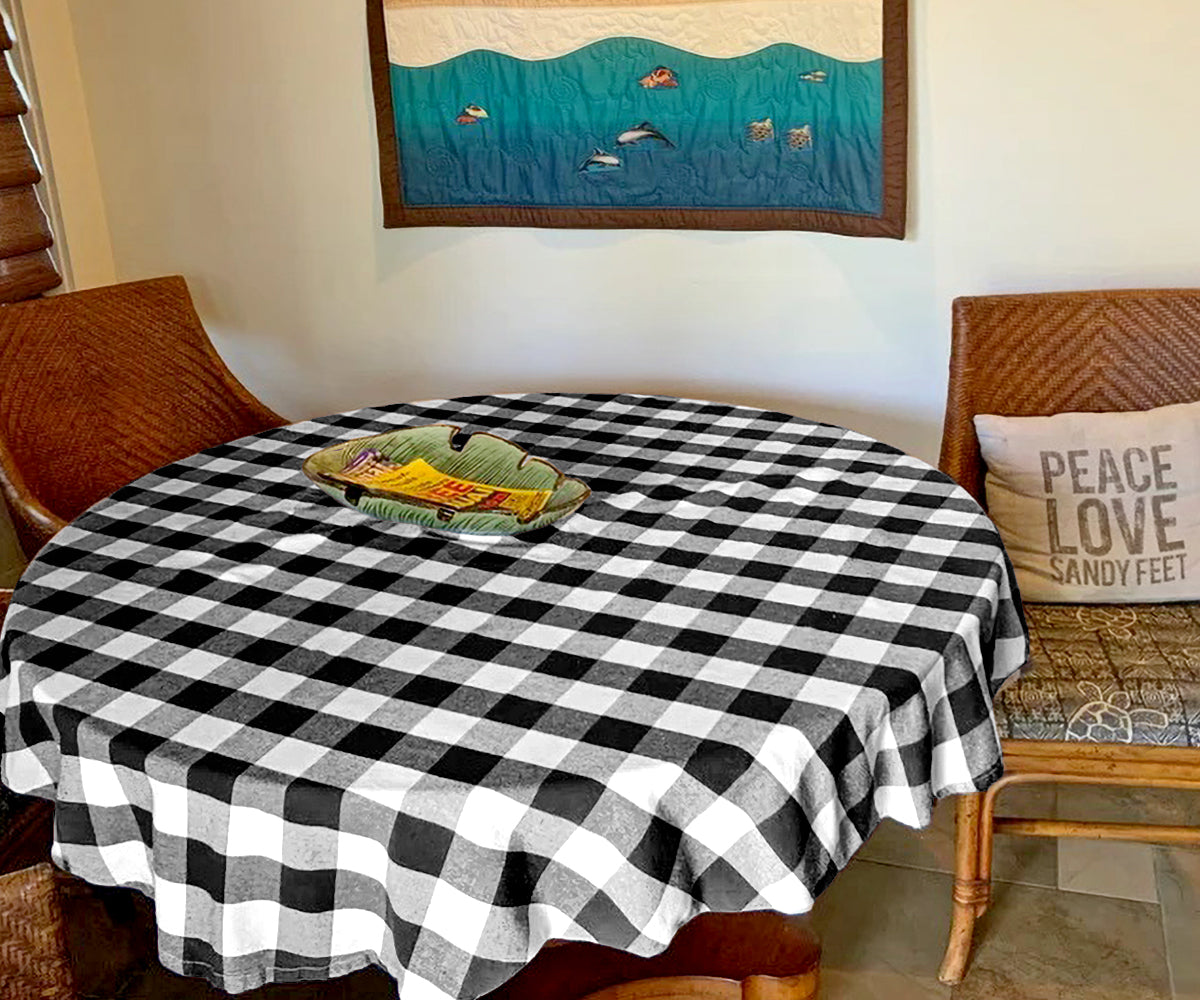Why Cotton and Linen Reign Supreme: The Classic Bed Sheet Showdown
In the quest for a perfect night's sleep, bedding material matters. Cotton and Linen have long been the go-to choices, but newer options like bamboo and eucalyptus sheets have gained popularity. While these newcomers boast certain benefits, let's explore why cotton and Linen excel as bed sheets, offering timeless comfort and quality.

The Natural All-Stars: Cotton and Linen
Softness & Strength: Both cotton and Linen are natural fibers renowned for their gentle touch. Organic cotton is a haven for sensitive skin, while high-quality Linen becomes softer with every wash. But don't be fooled by their softness – these fibers are incredibly durable, lasting for years with proper care.
Temperature Regulation: Cotton and Linen are breathable champions. Cotton sheets wick away moisture, keeping you cool in the summer. With its slightly looser weave, Linen offers superior airflow, making it ideal for hot sleepers year-round.
Sustainable Sleep: Organic cotton farming practices minimize water usage and promote soil health. Linen, derived from the flax plant, requires minimal water and is naturally resistant to pests, reducing the need for pesticides. Both materials are biodegradable, making them eco-friendly choices.

Cotton vs. Bamboo and Linen vs. Eucalyptus: A Closer Look
Durability: Cotton and Linen win in the longevity department. While bamboo and eucalyptus sheets can be comfortable, they tend to wrinkle more quickly and may wear out faster.
Environmental Impact: Organic cotton and Linen have a clear advantage. Bamboo processing often involves harsh chemicals, while eucalyptus production can vary depending on the manufacturing methods.
The Verdict: Timeless Comfort and Quality
Cotton and linen sheets offer a winning combination of softness, breathability, durability, and eco-friendliness. While bamboo and eucalyptus sheets have merits, cotton, and Linen remain the gold standard for those seeking a long-lasting, luxurious sleep experience.
Considering Cotton and Linen Sheets?
Here are some additional tips:
Thread Count: Thread count refers to the number of threads per square inch. While a higher thread count generally indicates a softer sheet, other factors like weave and yarn quality also play a role. Choose a thread count that suits your preference – for example, 300-400 for crisp, breathable sheets or 400+ for a more luxurious feel.
Weave: Percale weave offers a relaxed, crisp feel, while sateen has a smoother, more luxurious drape. Choose the weave that best suits your sleeping style.
Organic Options: Opting for organic cotton and Linen ensures minimal environmental impact and provides peace of mind for those with sensitive skin.
Invest in quality cotton or linen sheets and experience the difference for yourself. With proper care, they'll become a cherished part of your sleep sanctuary for years to come.
Related Videos Or Readings:
Here are some YouTube videos on the benefits of eco-friendly bedding:
- The BEST Sustainable Bedding Your Guide to Eco-Friendly Living by EnviroKlenz
- Eco-friendly bedding by Cornucopia Living
- How to Pick Sustainable Bedding: Organic Cotton, Linen, or Tencel? by Made Trade
- Top 9 Types of Organic Comforters by EcoMastery Project
- Linen Vs Cotton Sheets - Which Material Is Best?!by Mattress Clarity
-
Wirecutter (https://www.nytimes.com/wirecutter/): A product recommendation website owned by The New York Times. Known for in-depth reviews and guides on various products, including bedding.
-
Good Housekeeping (https://www.goodhousekeeping.com/): A lifestyle magazine with a rich history, now with a strong online presence. Their website features reviews and recommendations on various home products, including bedding.
-
Apartment Therapy (https://www.apartmenttherapy.com/): Focuses on inspiration and practical guides for creating a stylish and functional home. Features articles on bedroom décor and often includes recommendations for bedding that complements the overall style.
-
Real Simple (https://www.realsimple.com/): A lifestyle website with the aim of simplifying everyday life. Provides tips and hacks to improve various aspects of life, including sleep quality.


